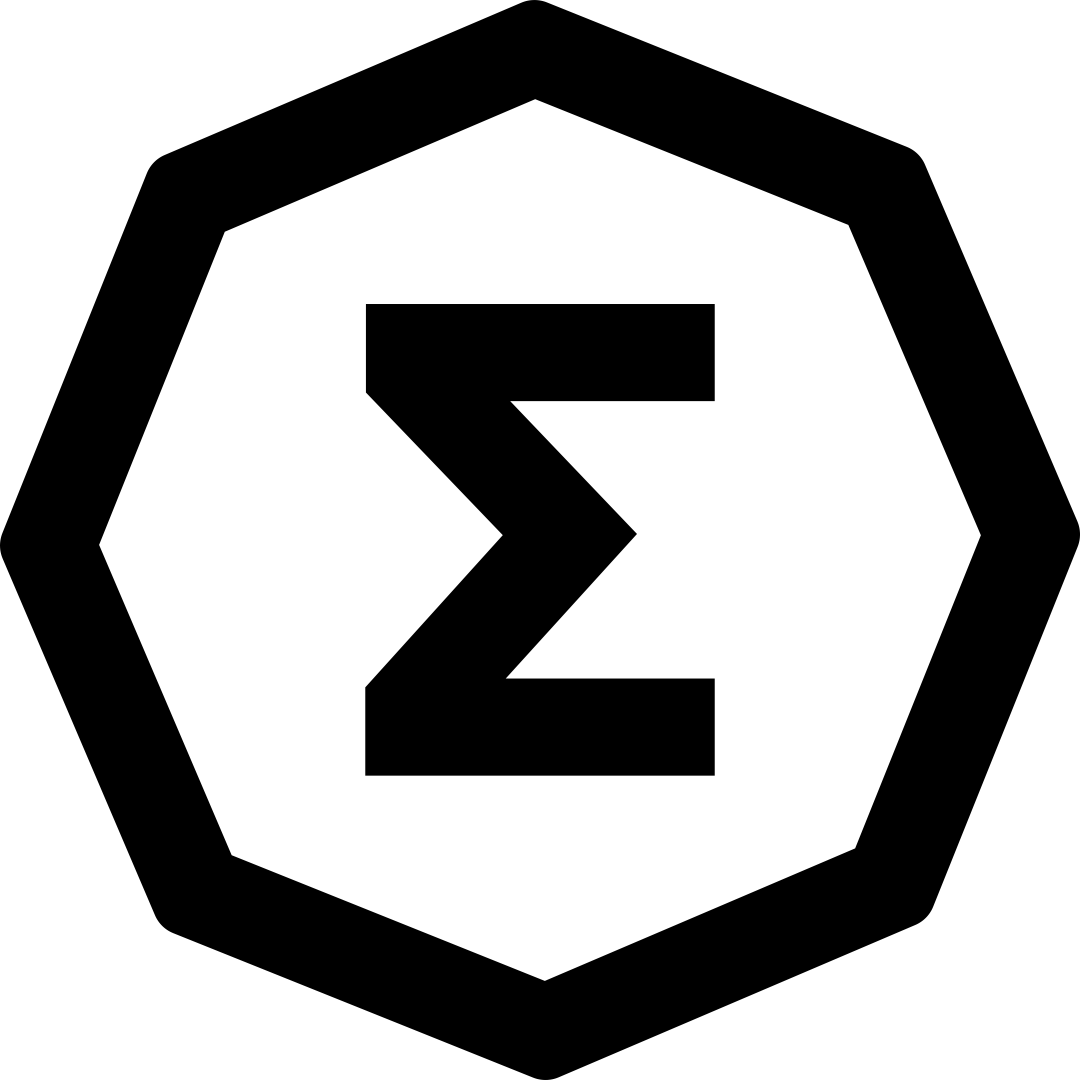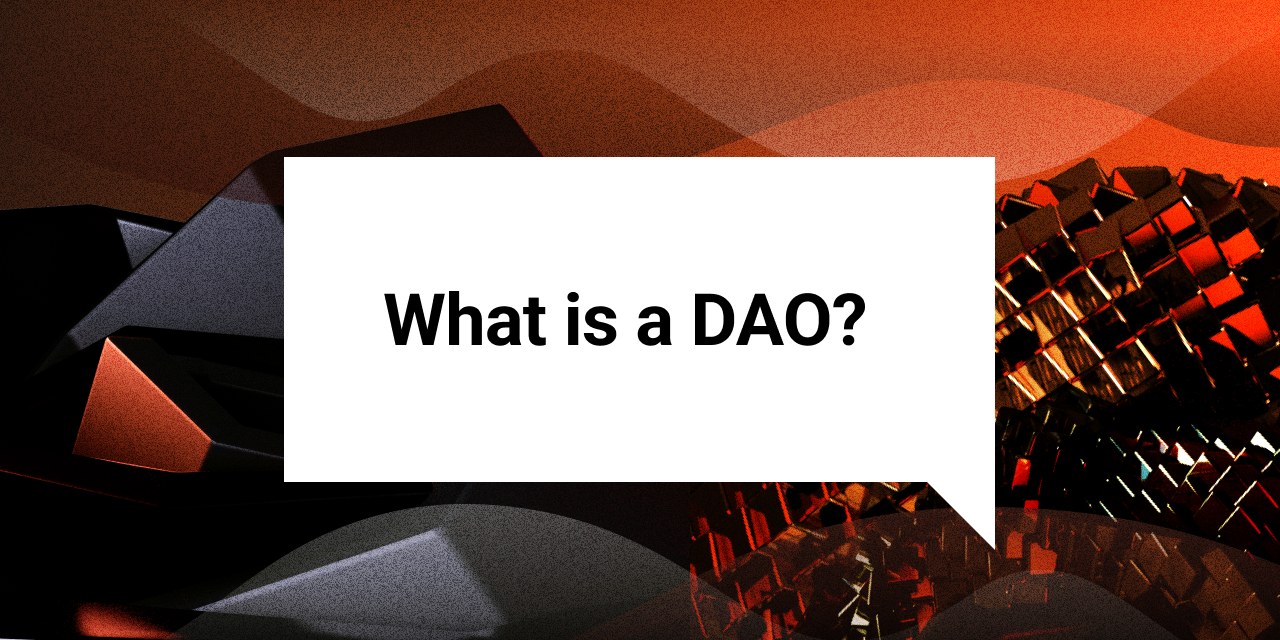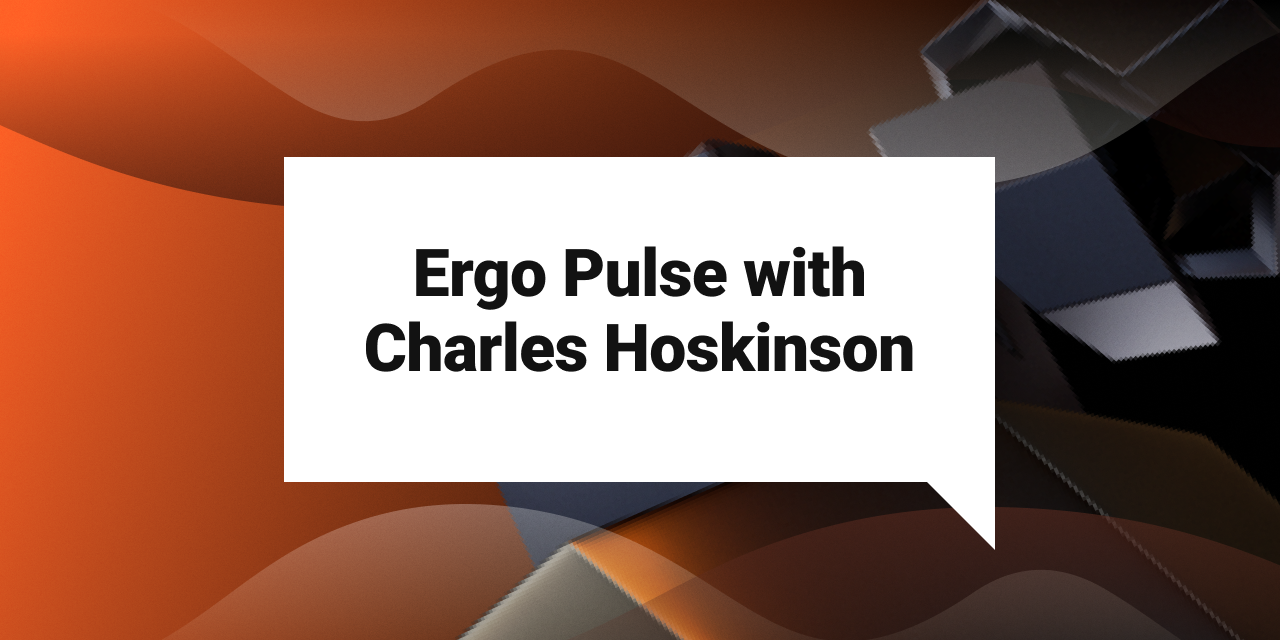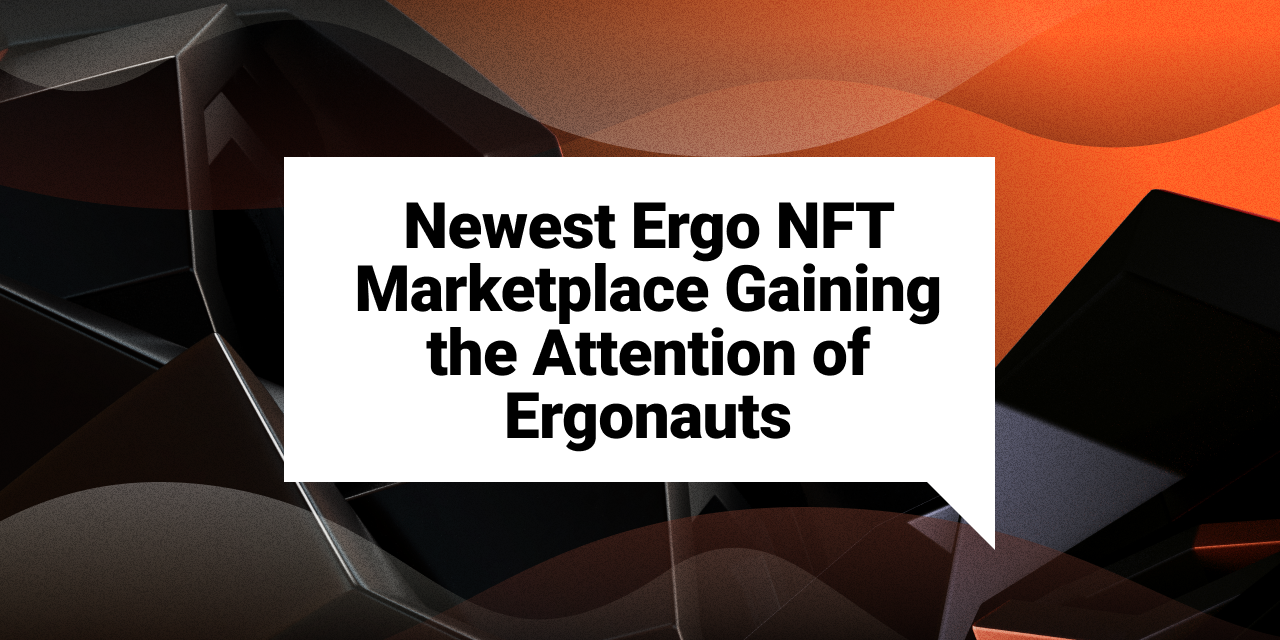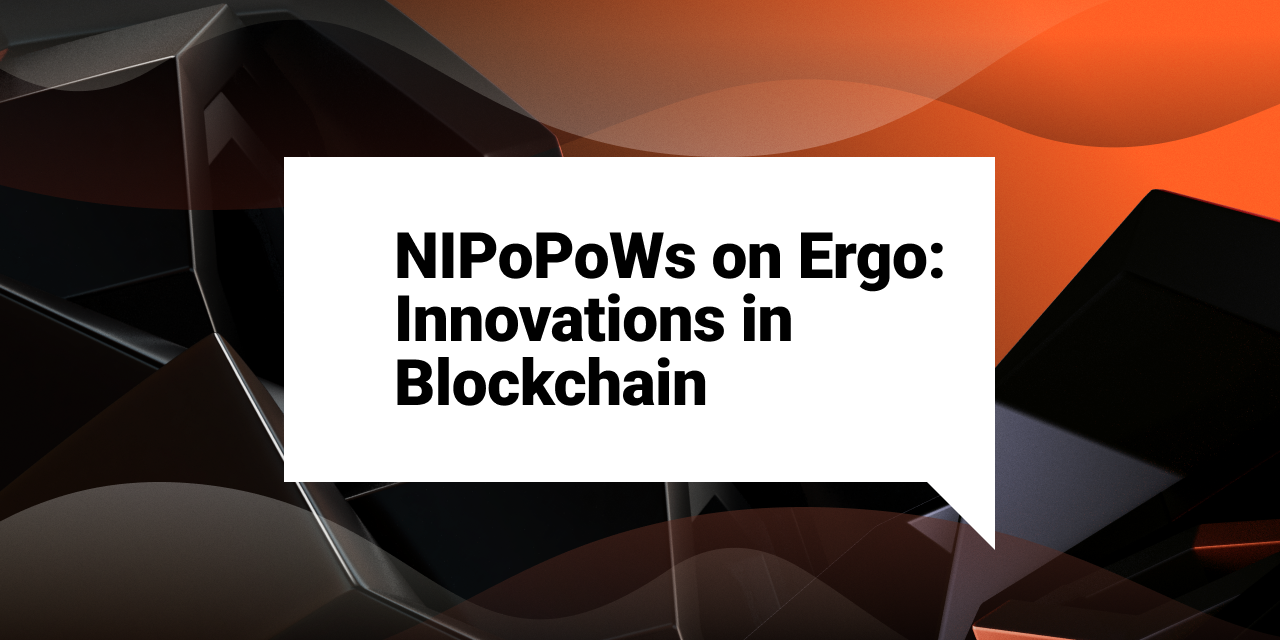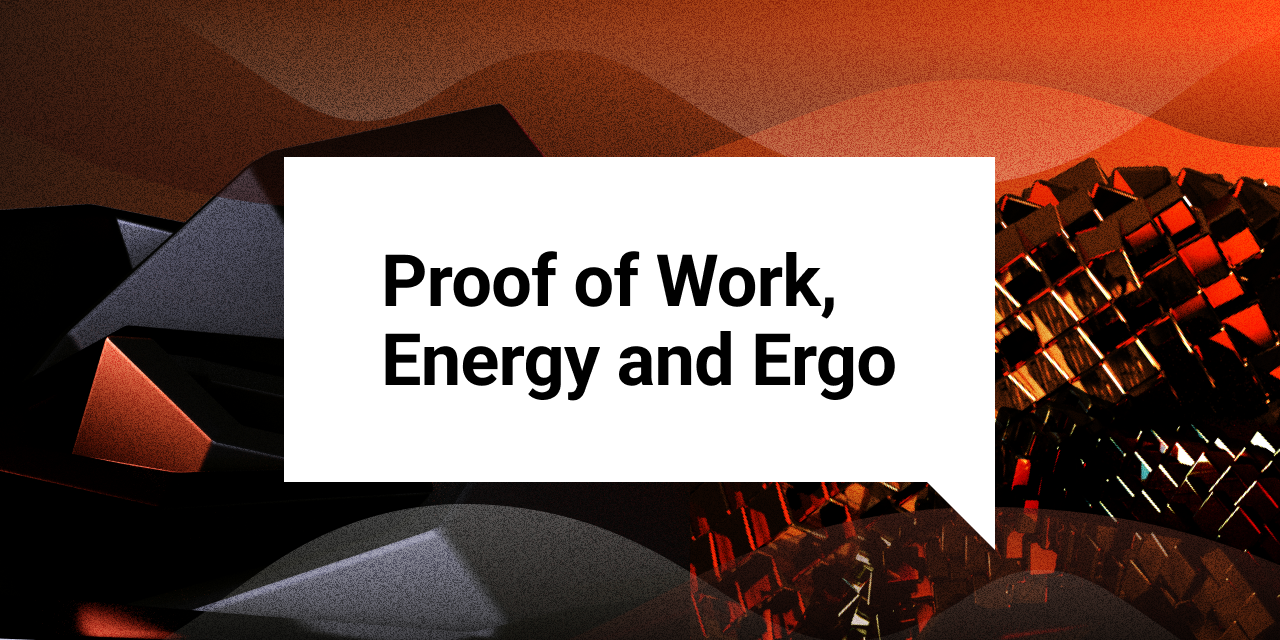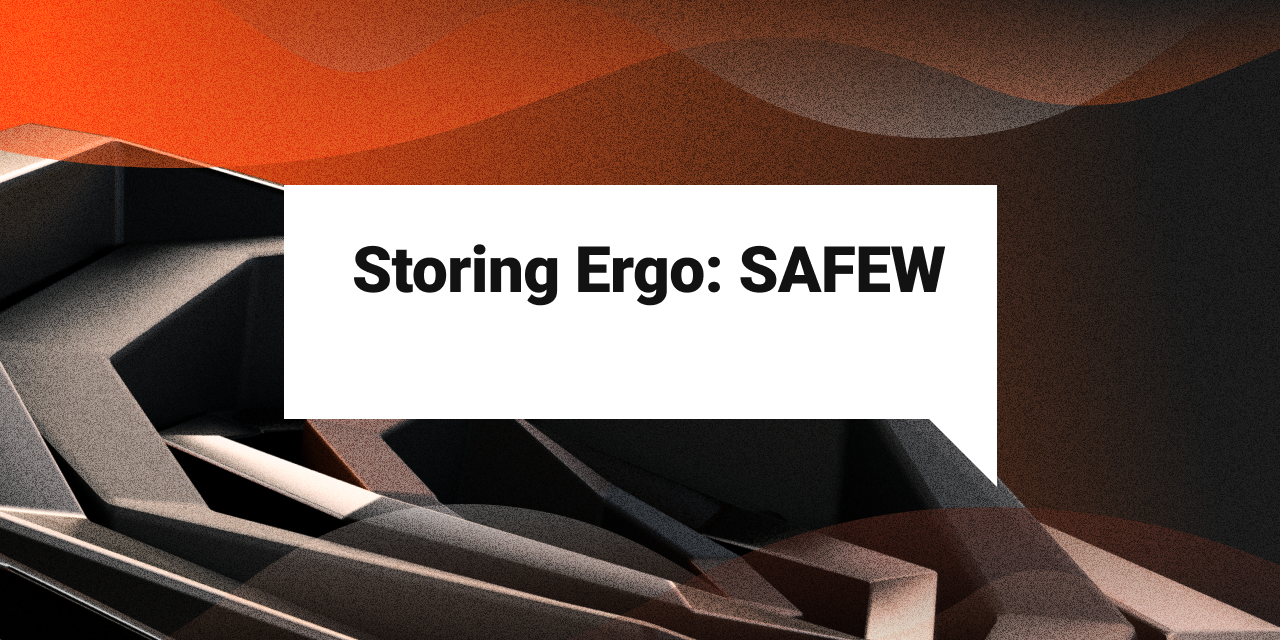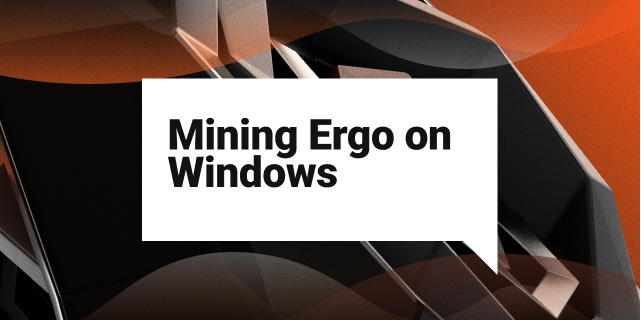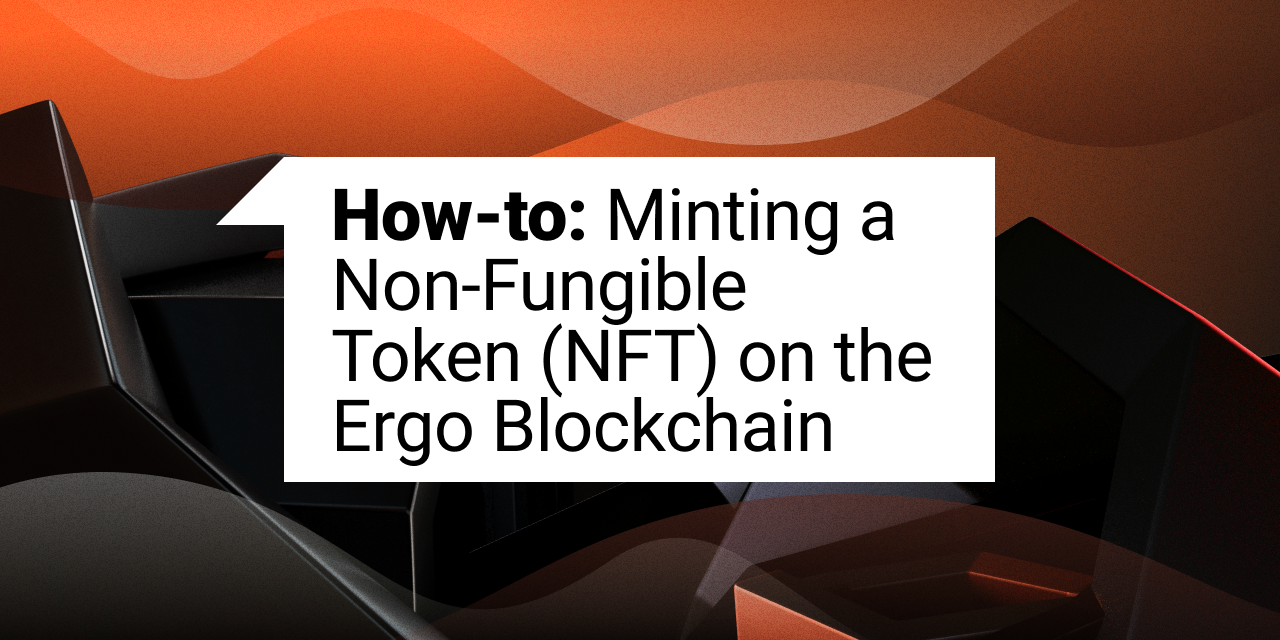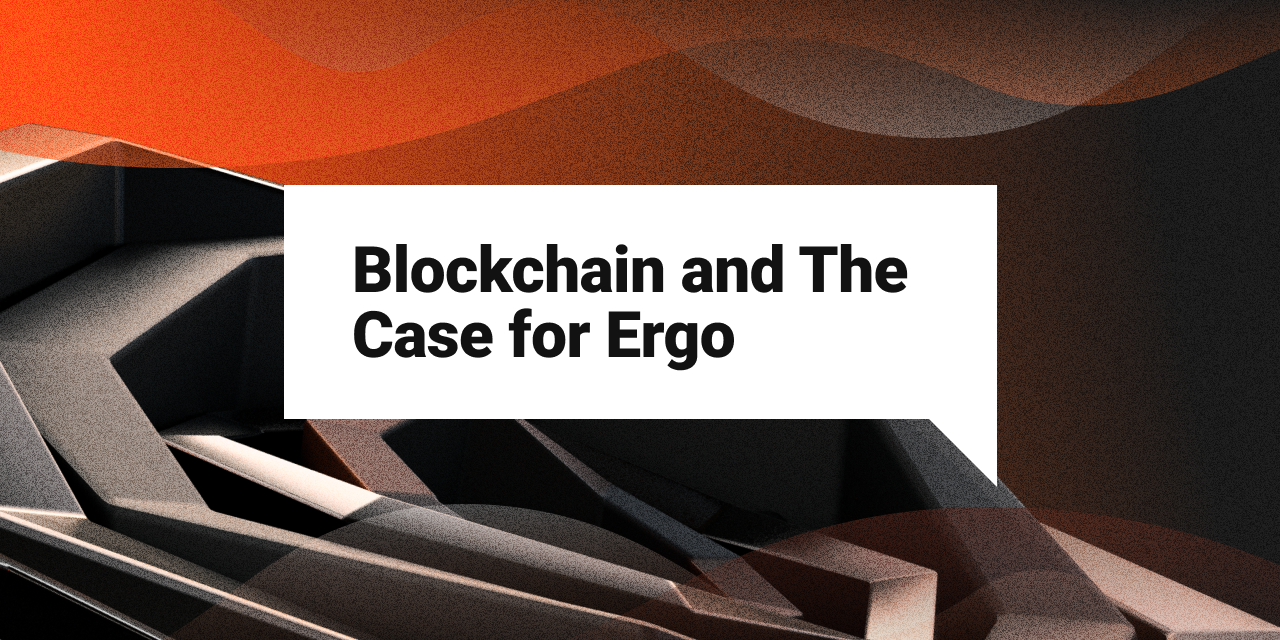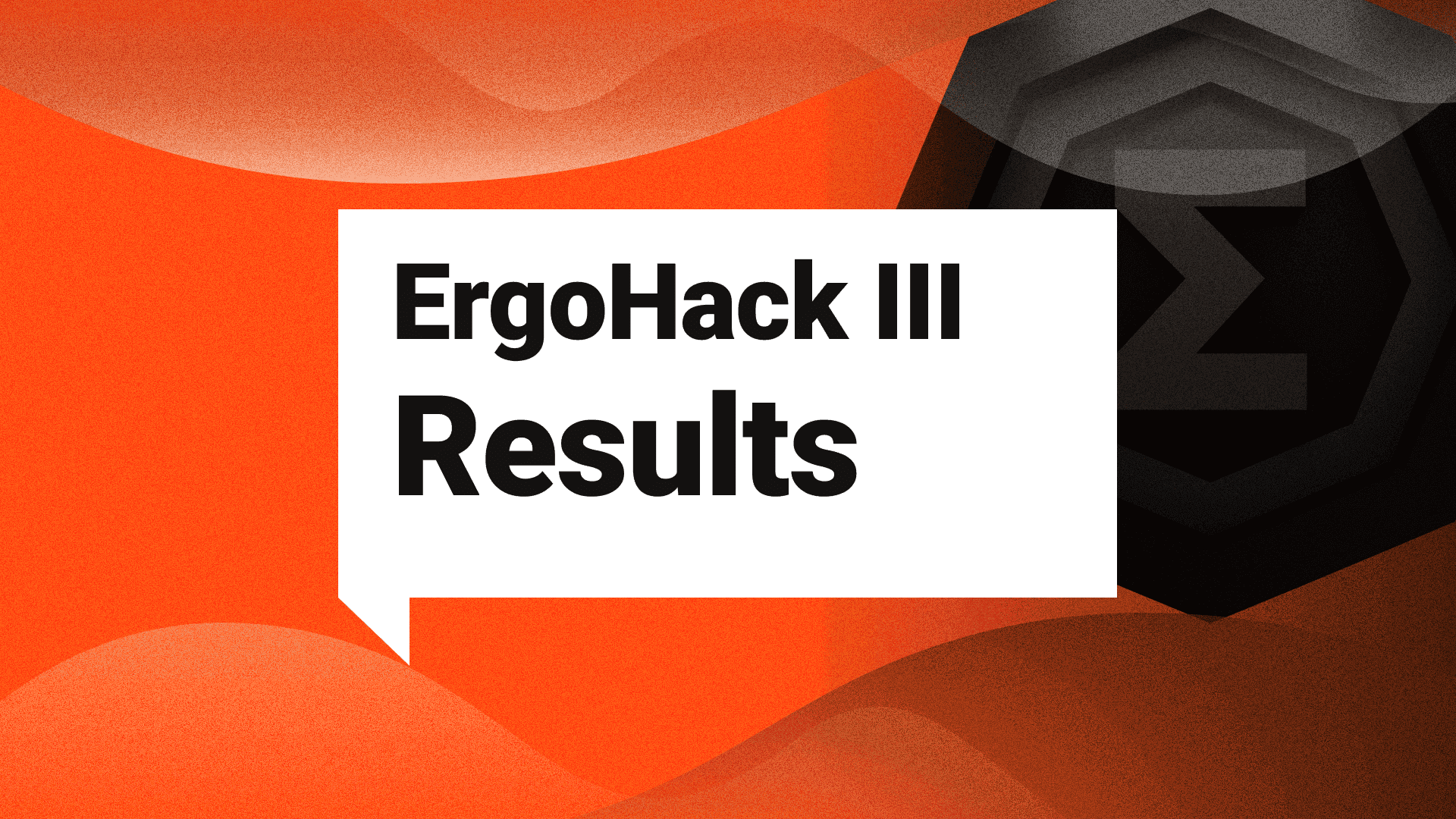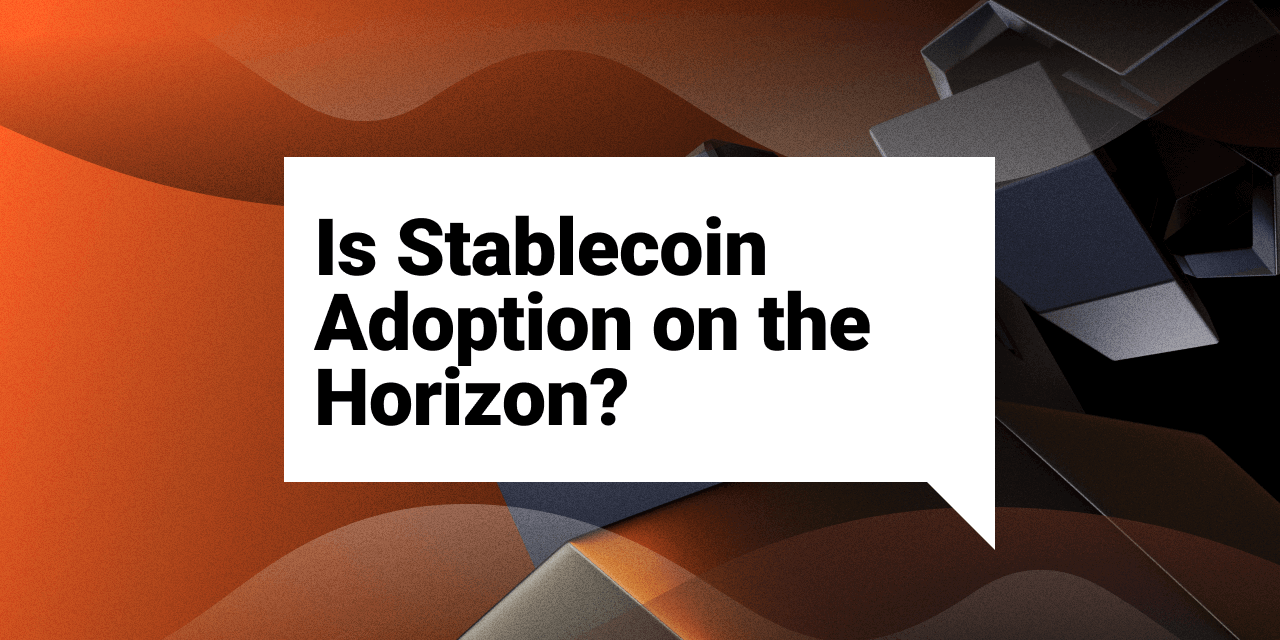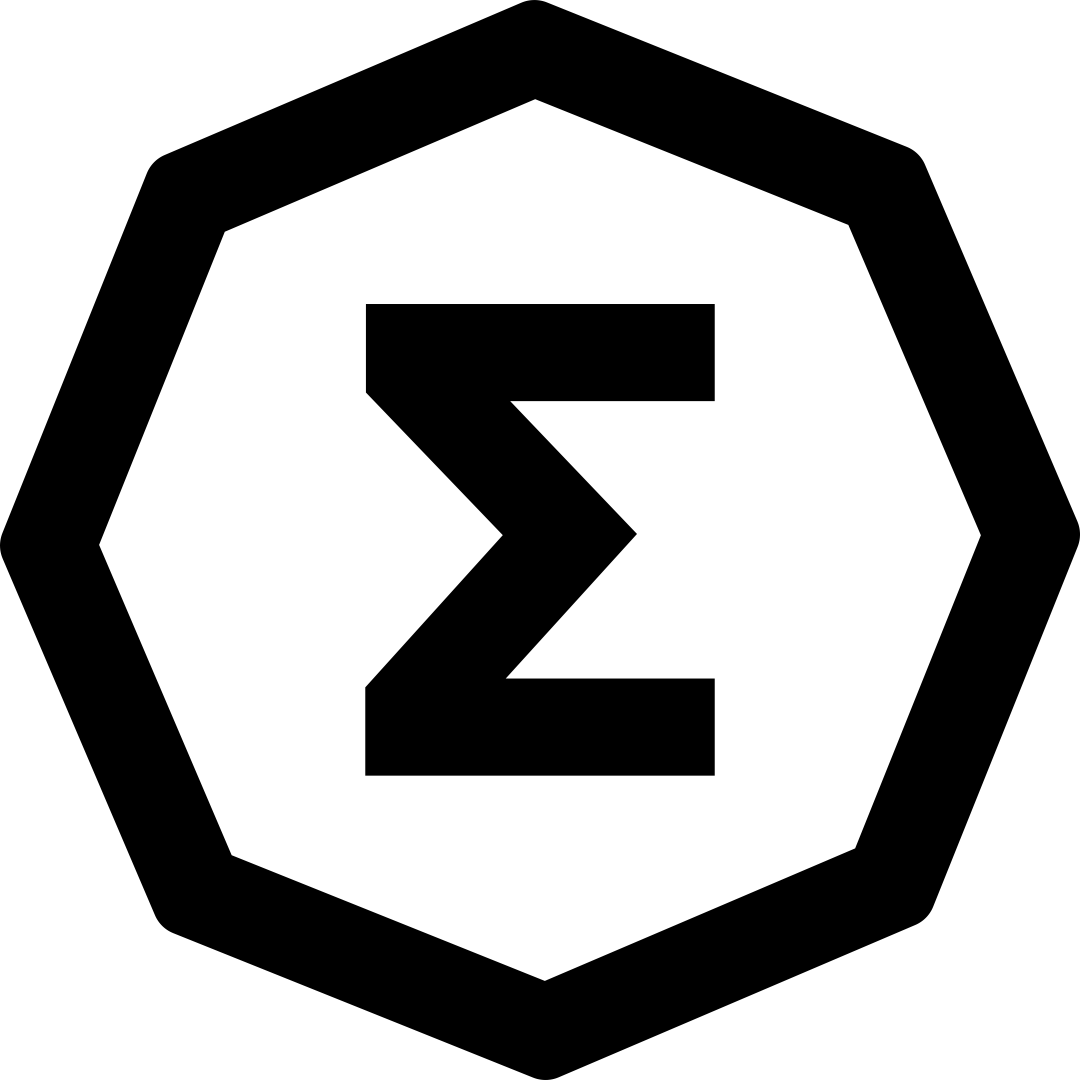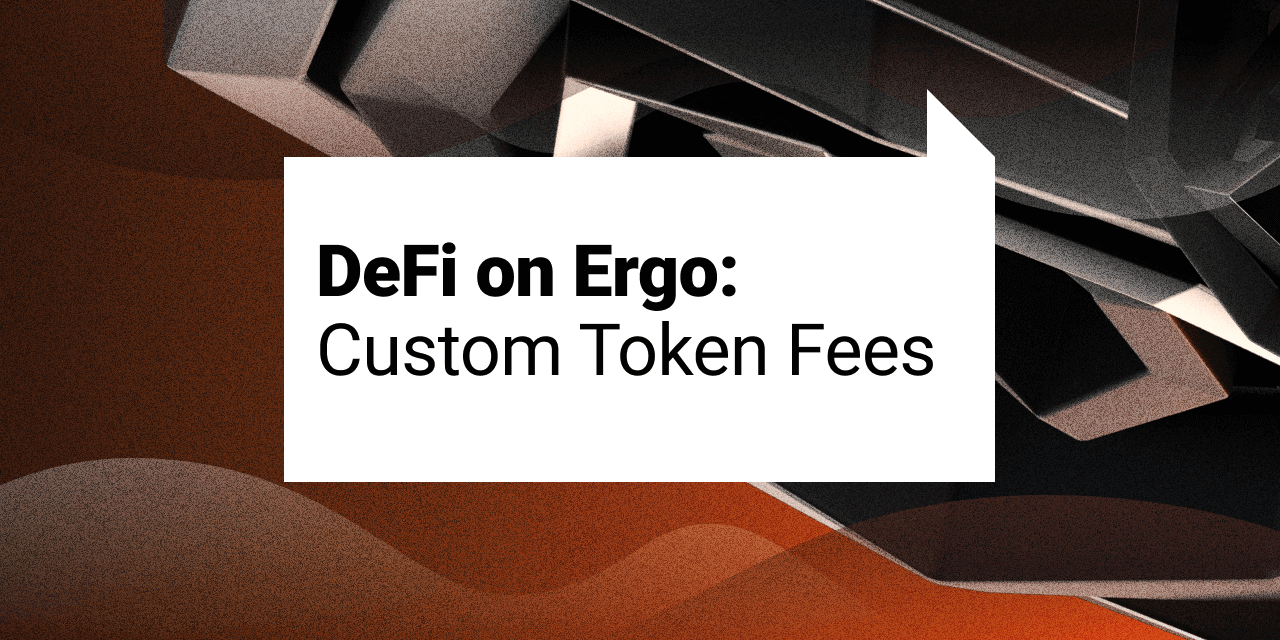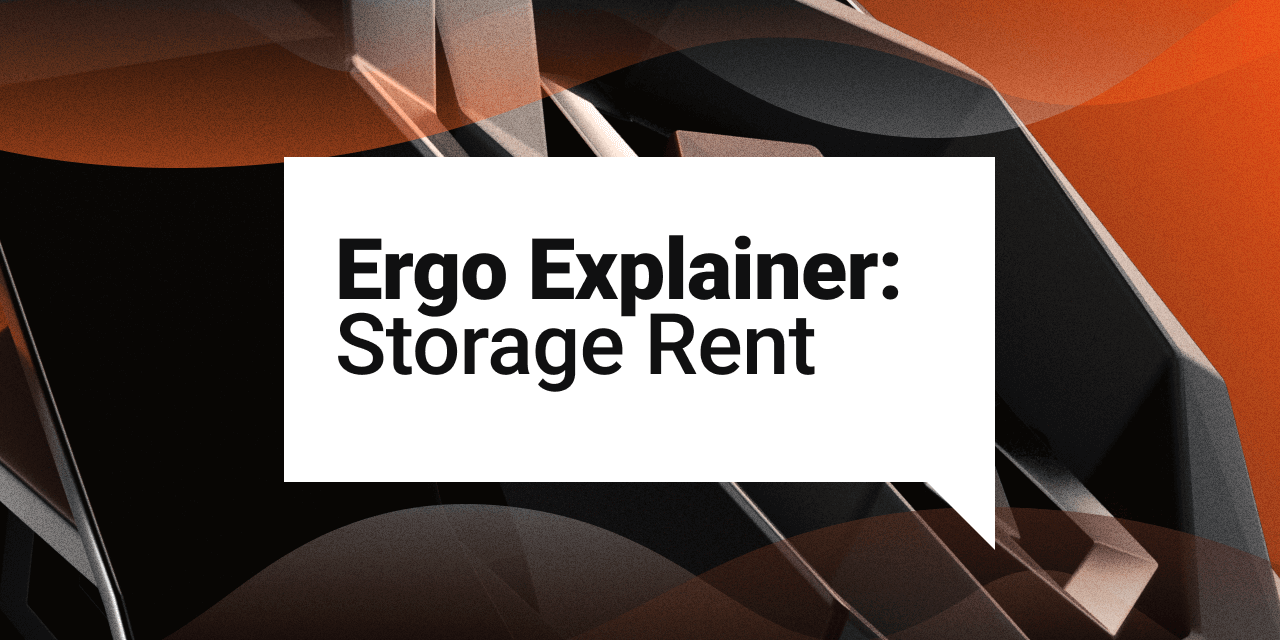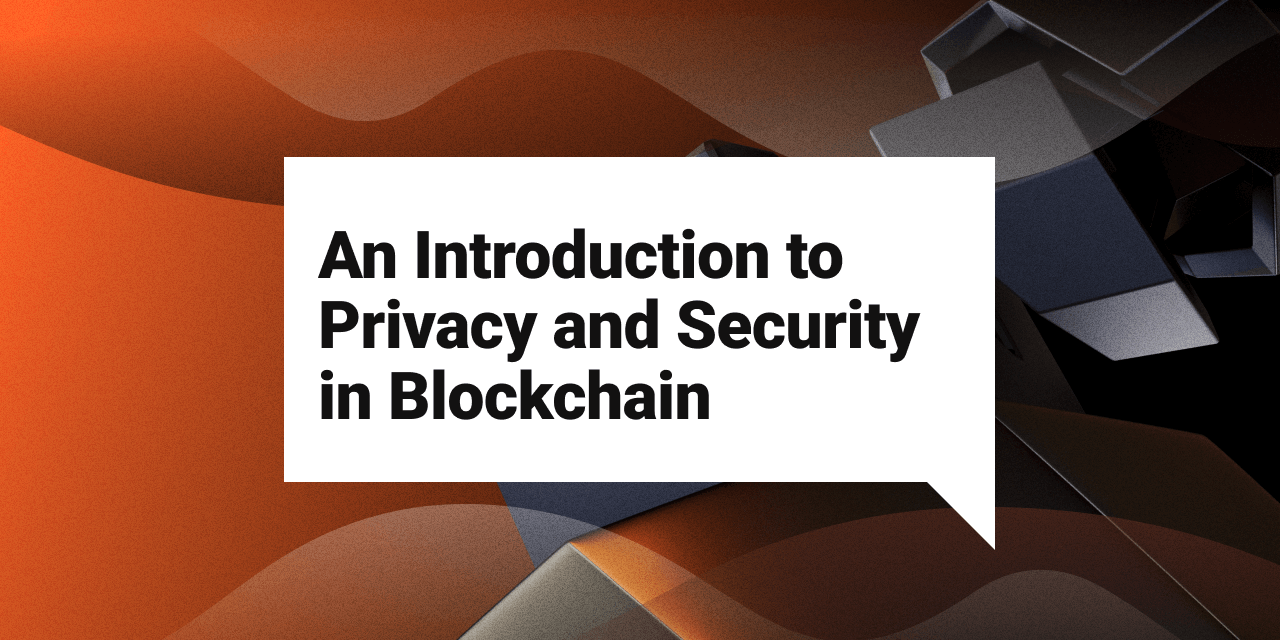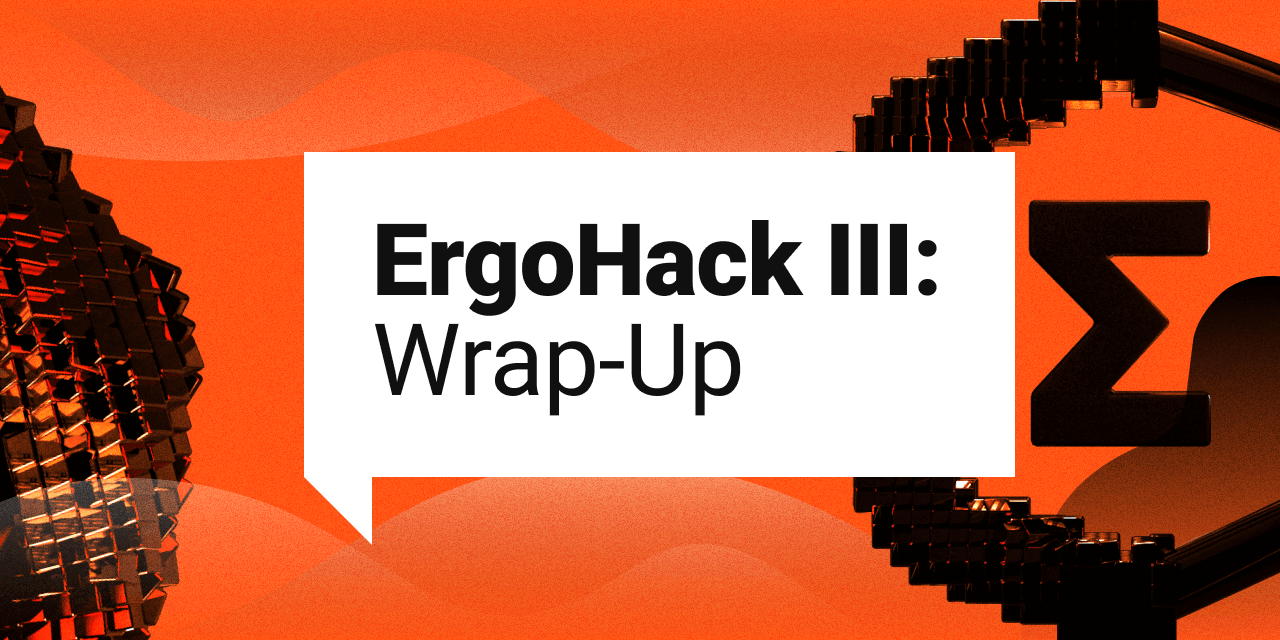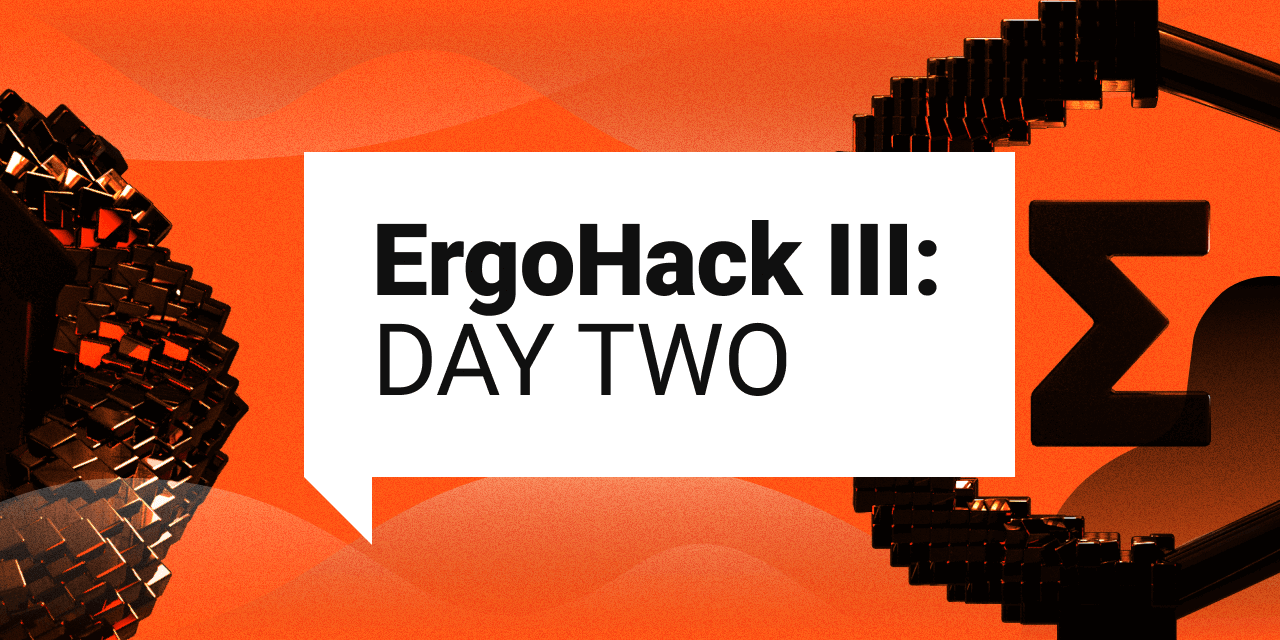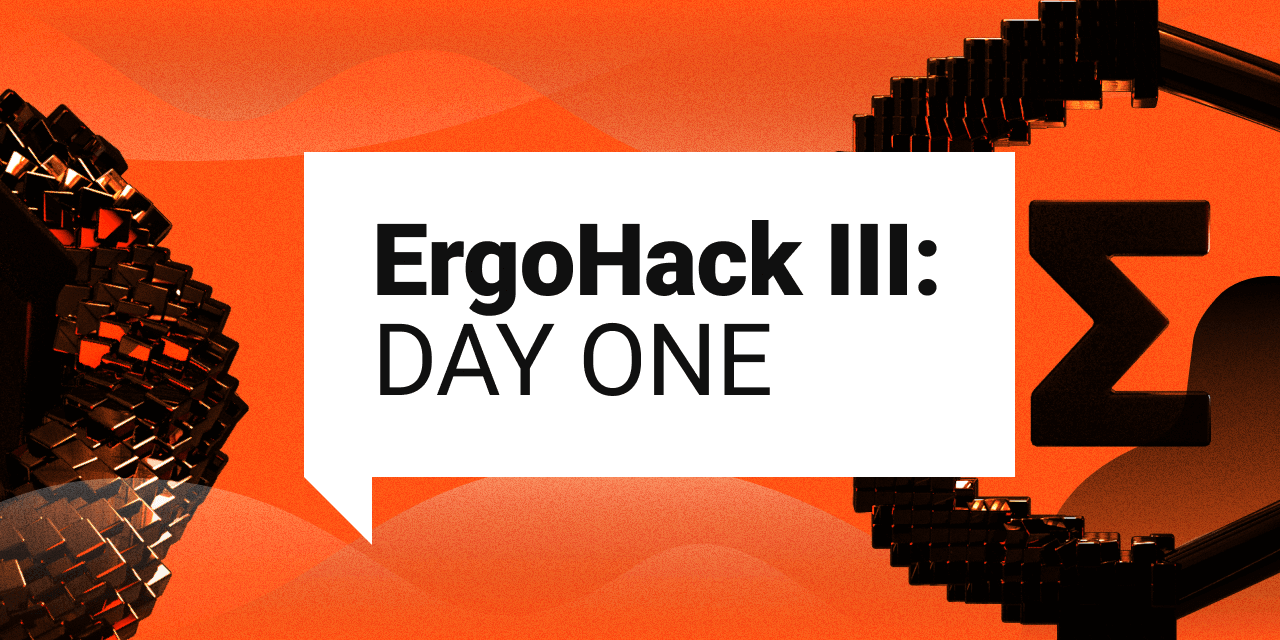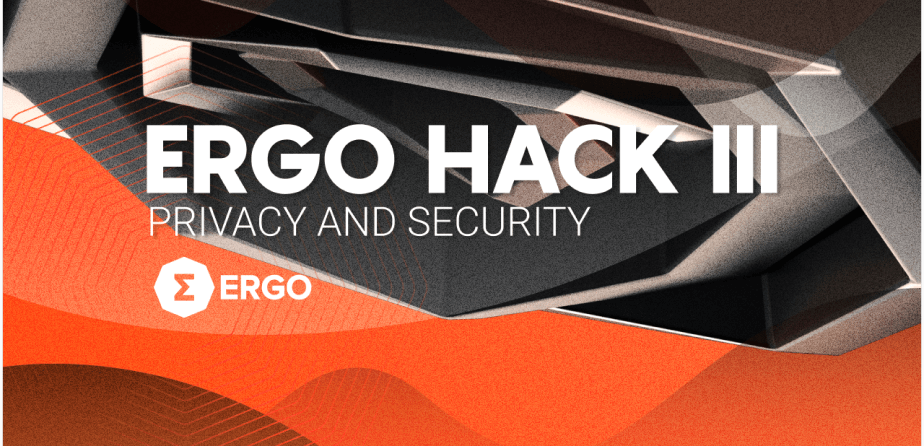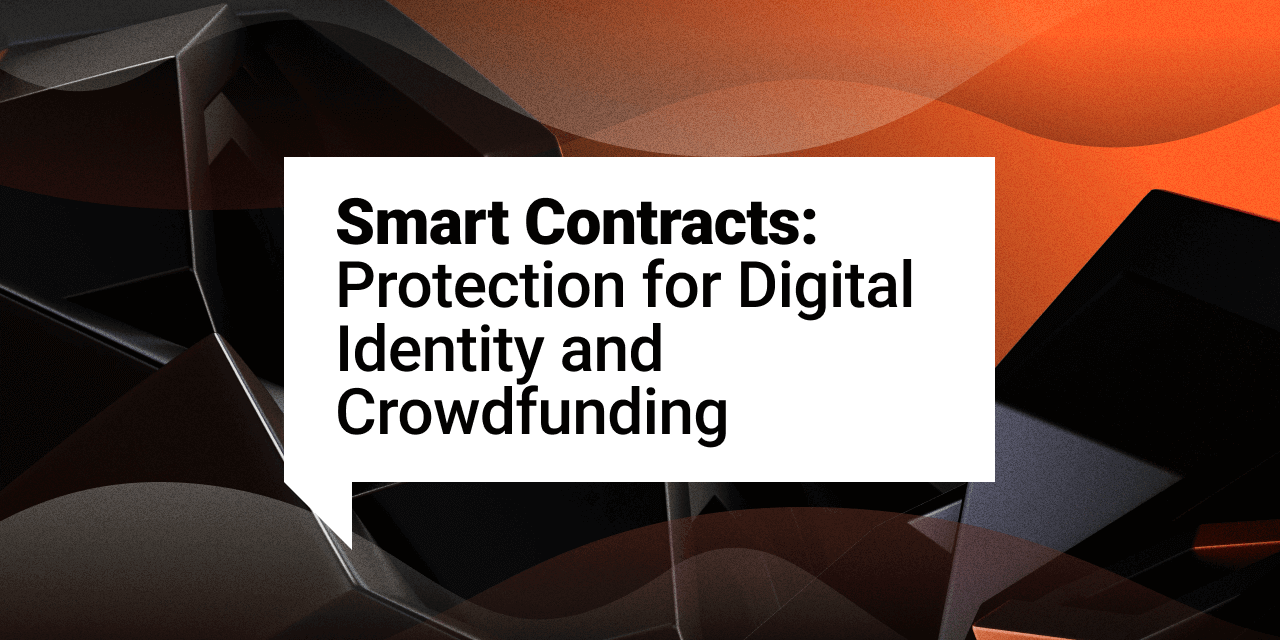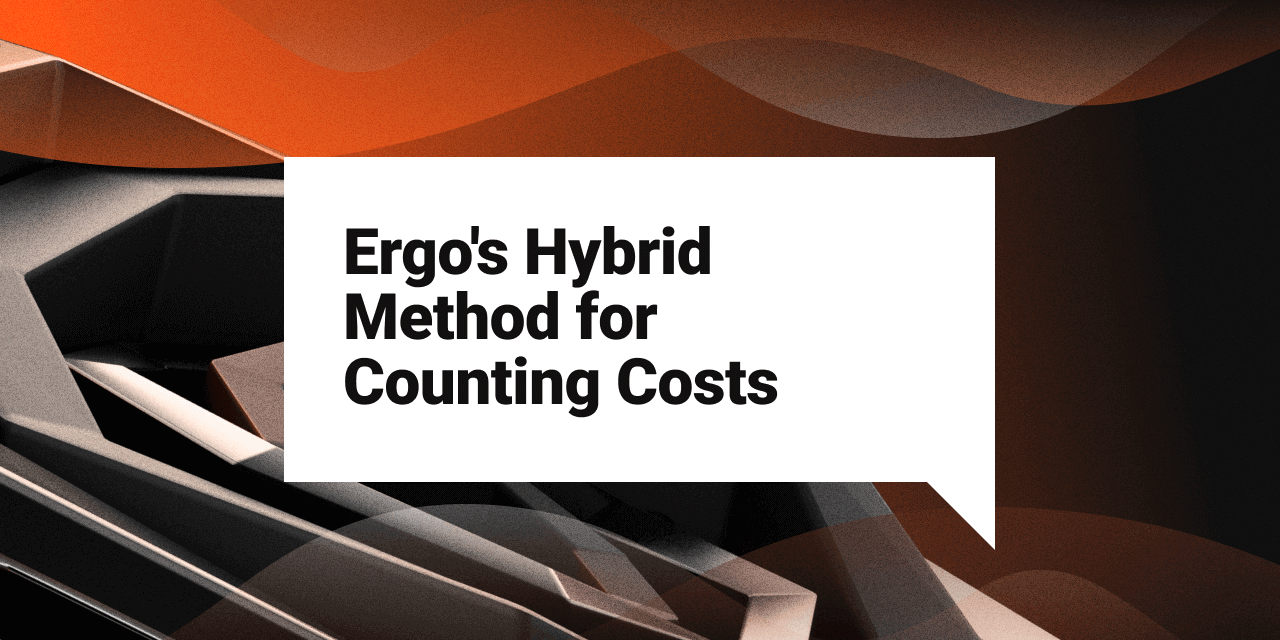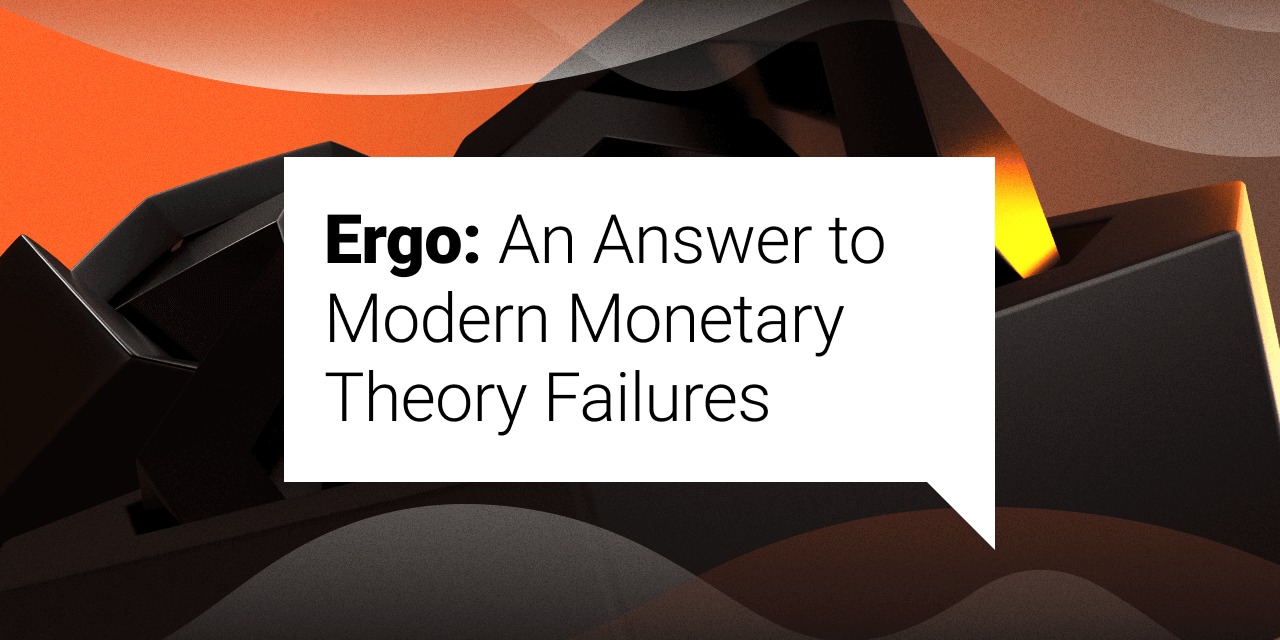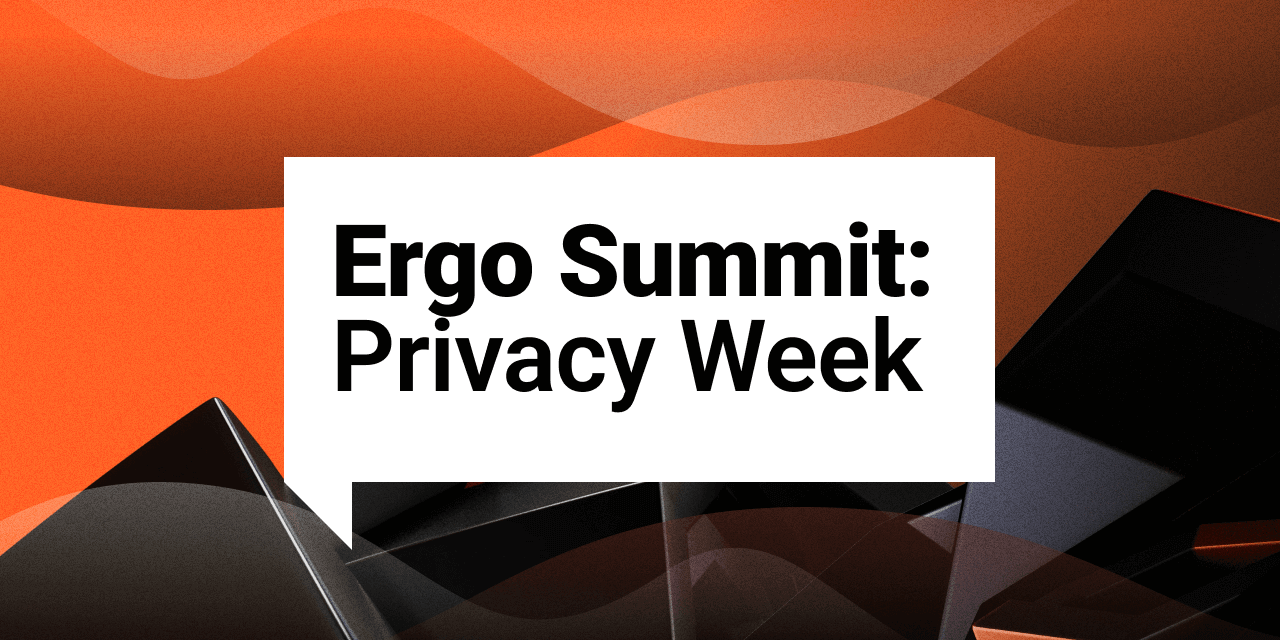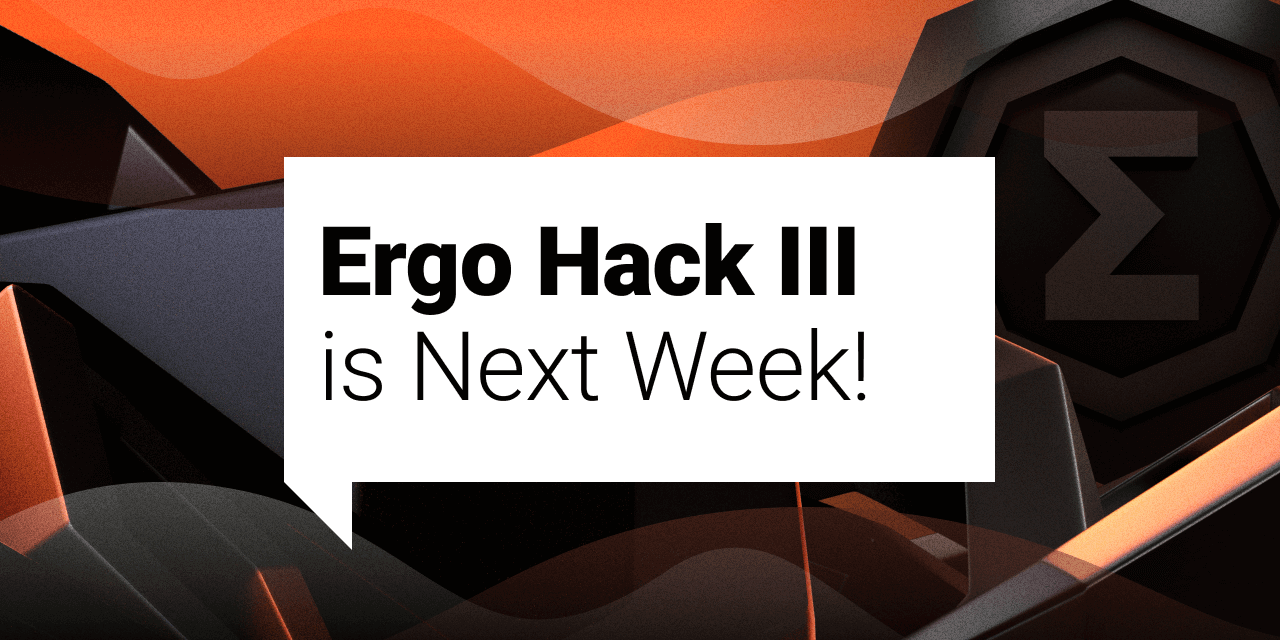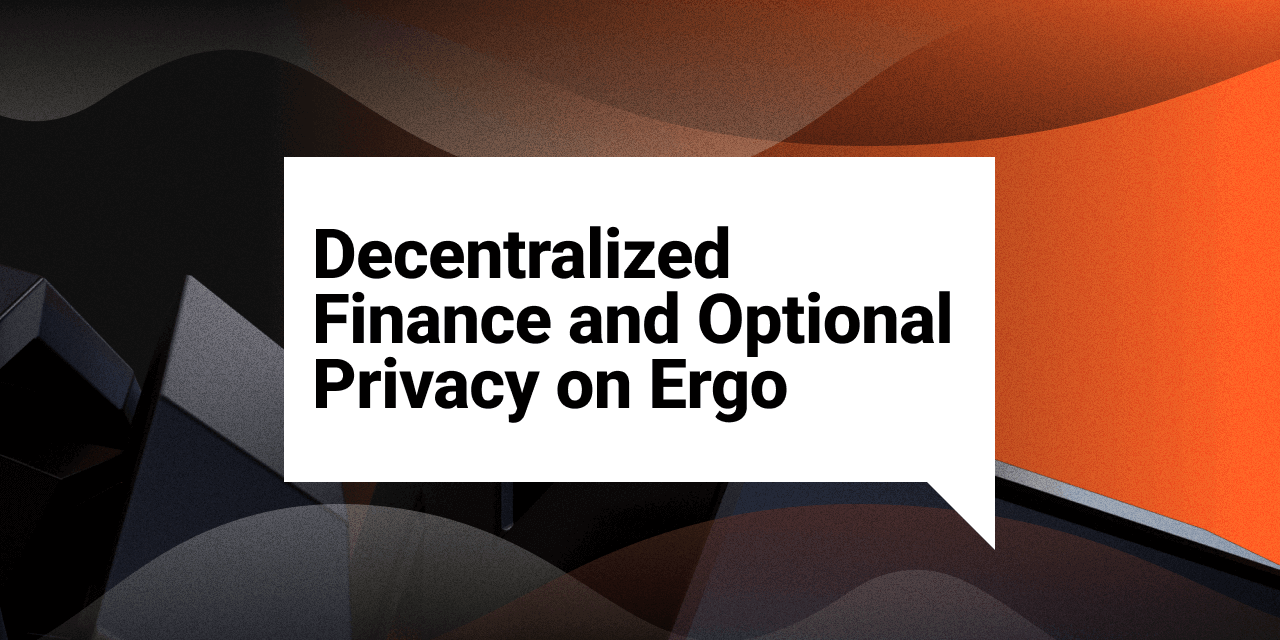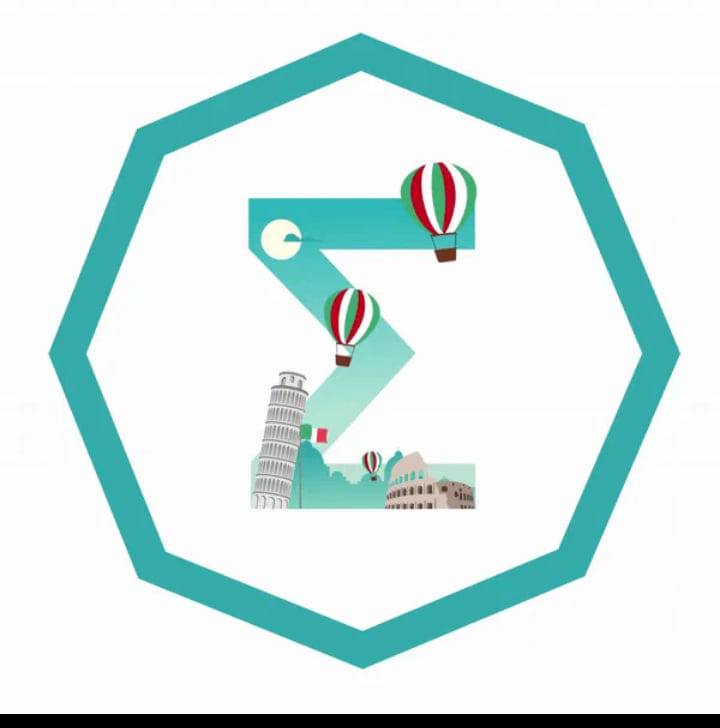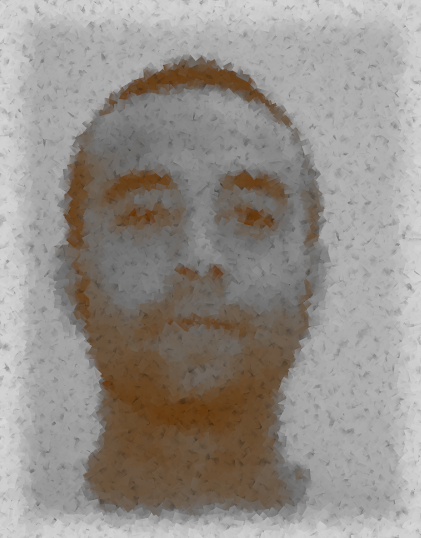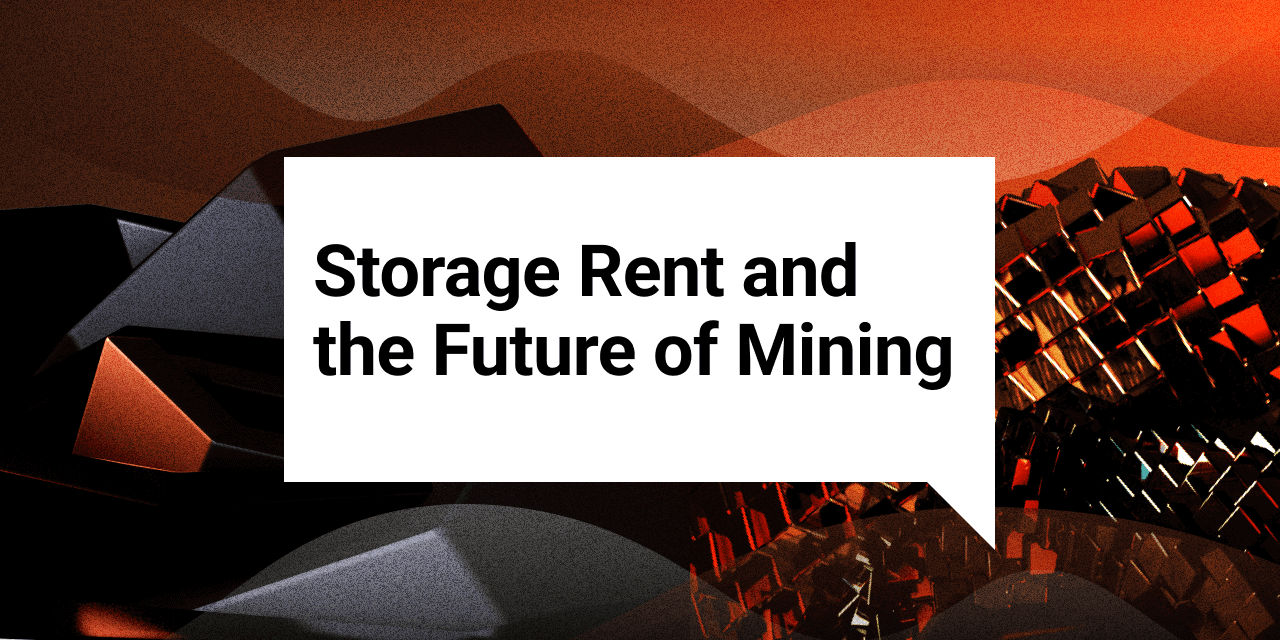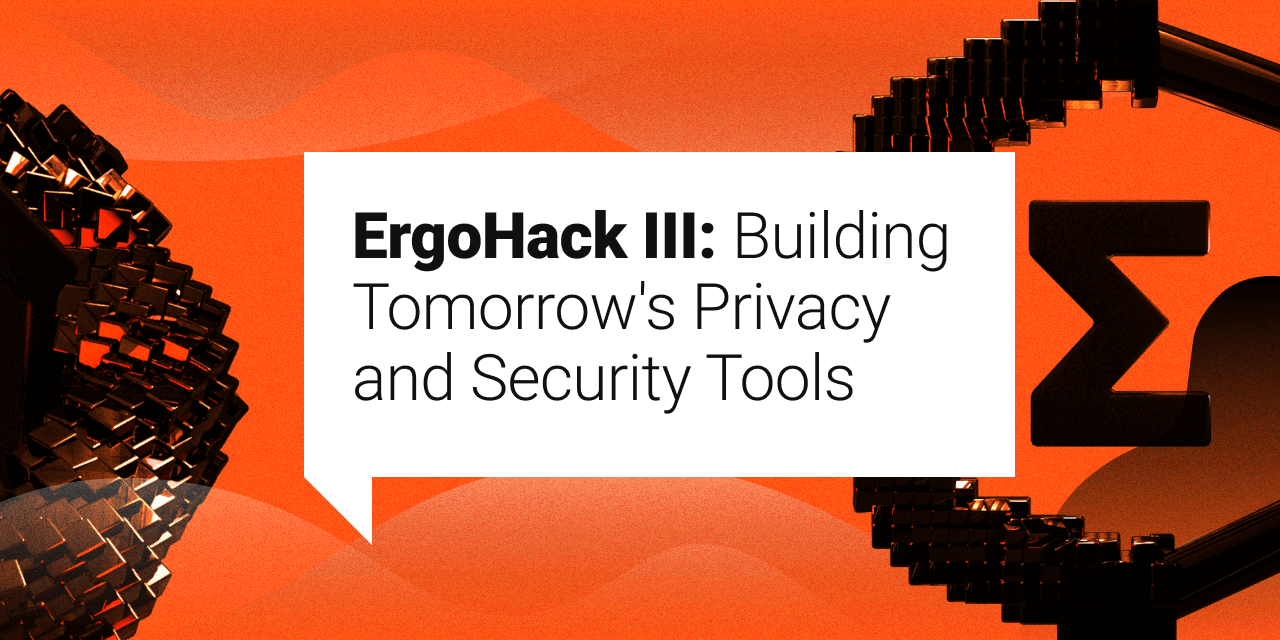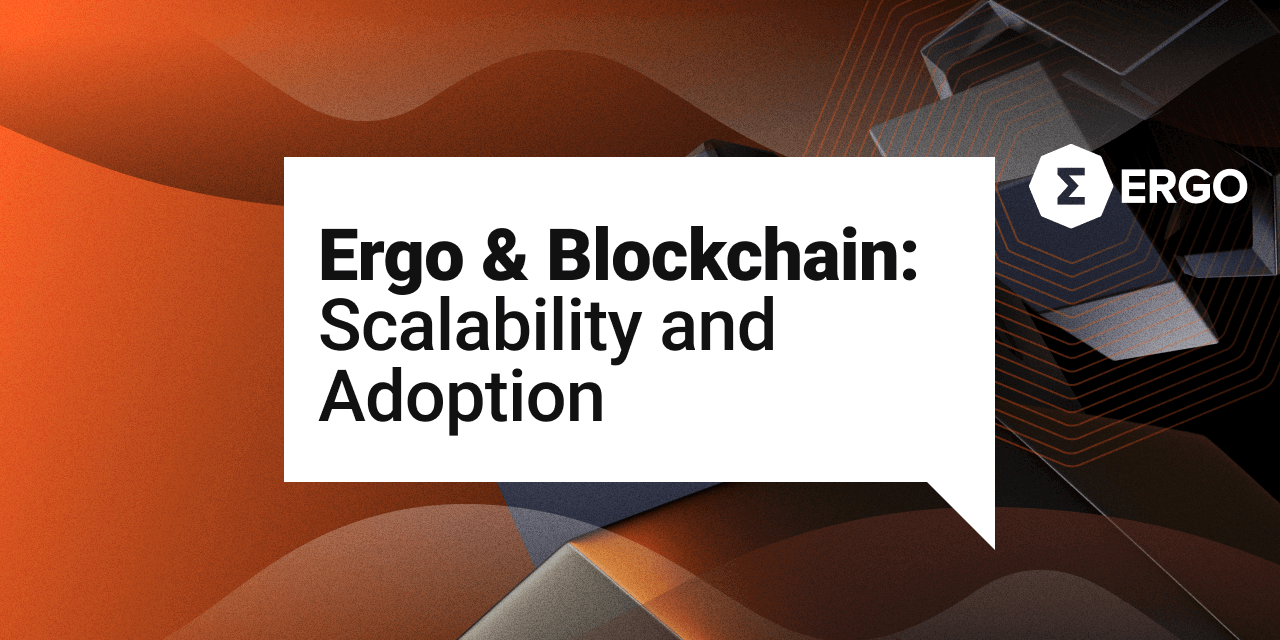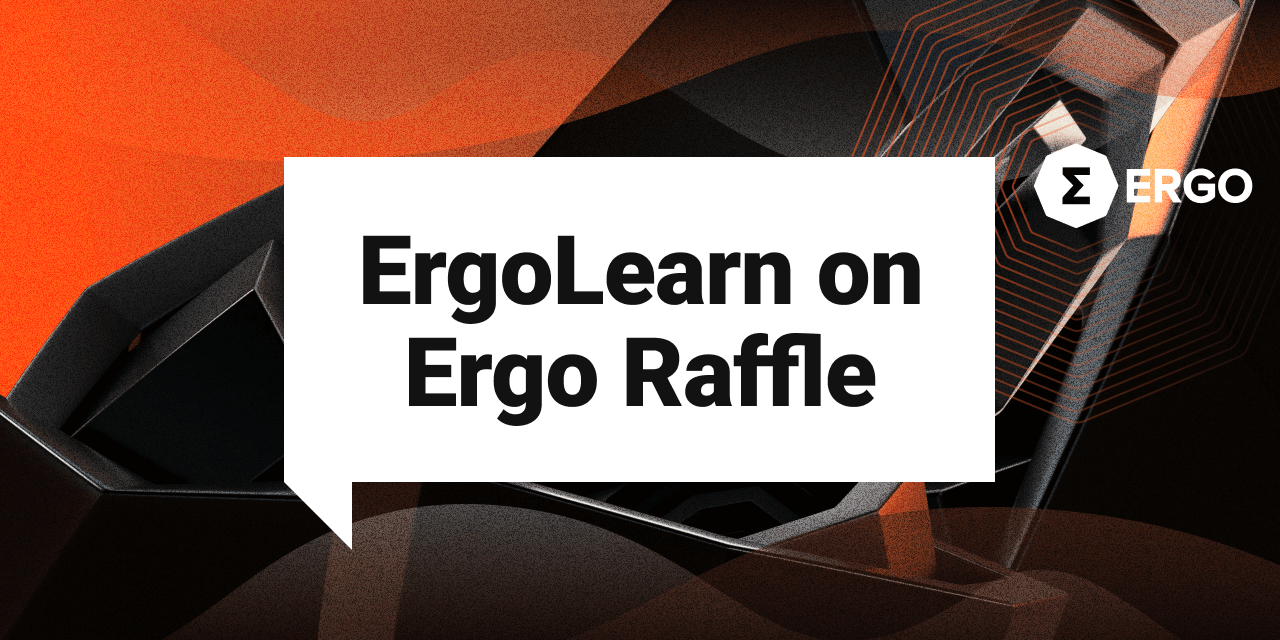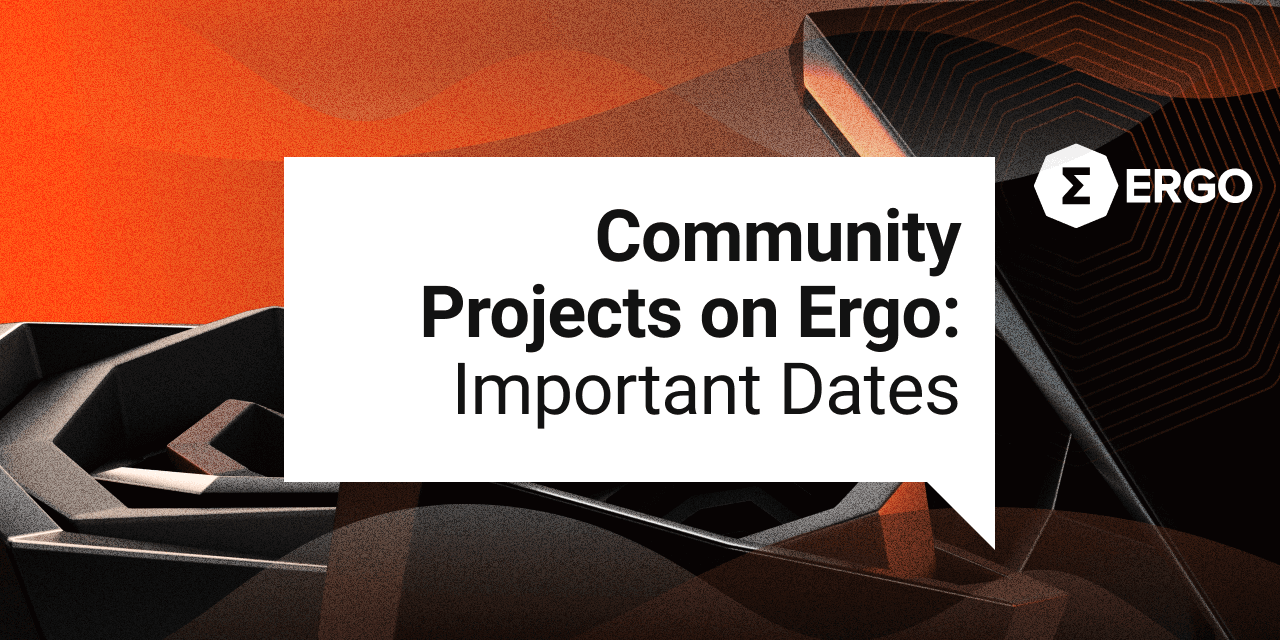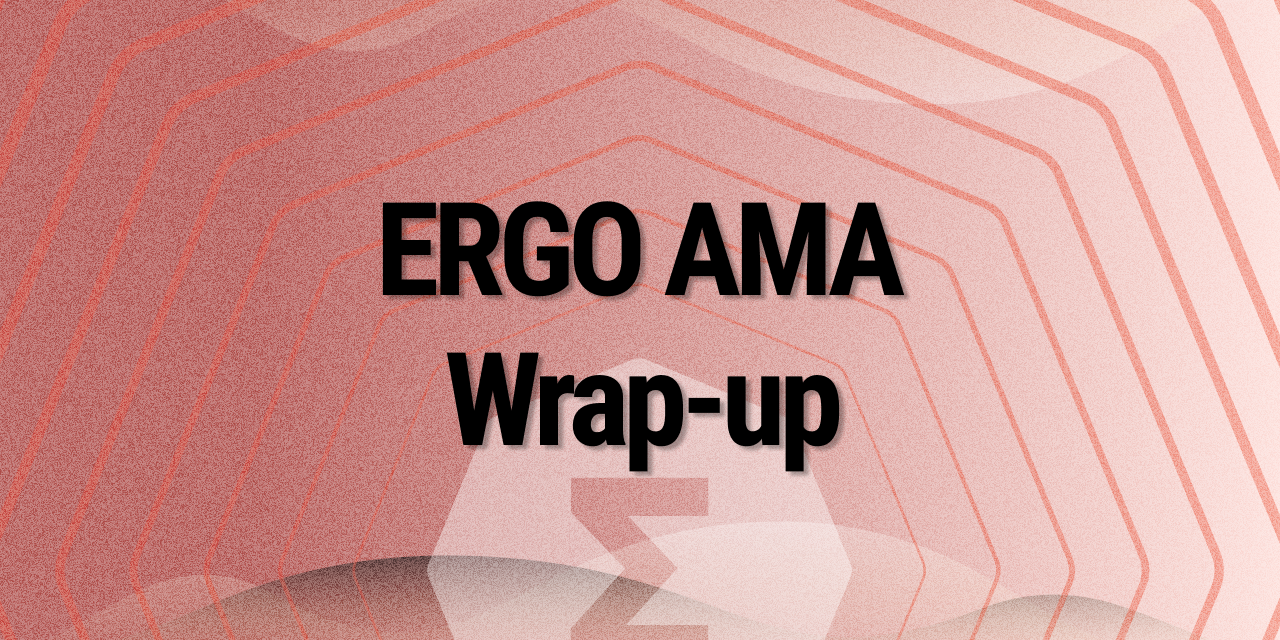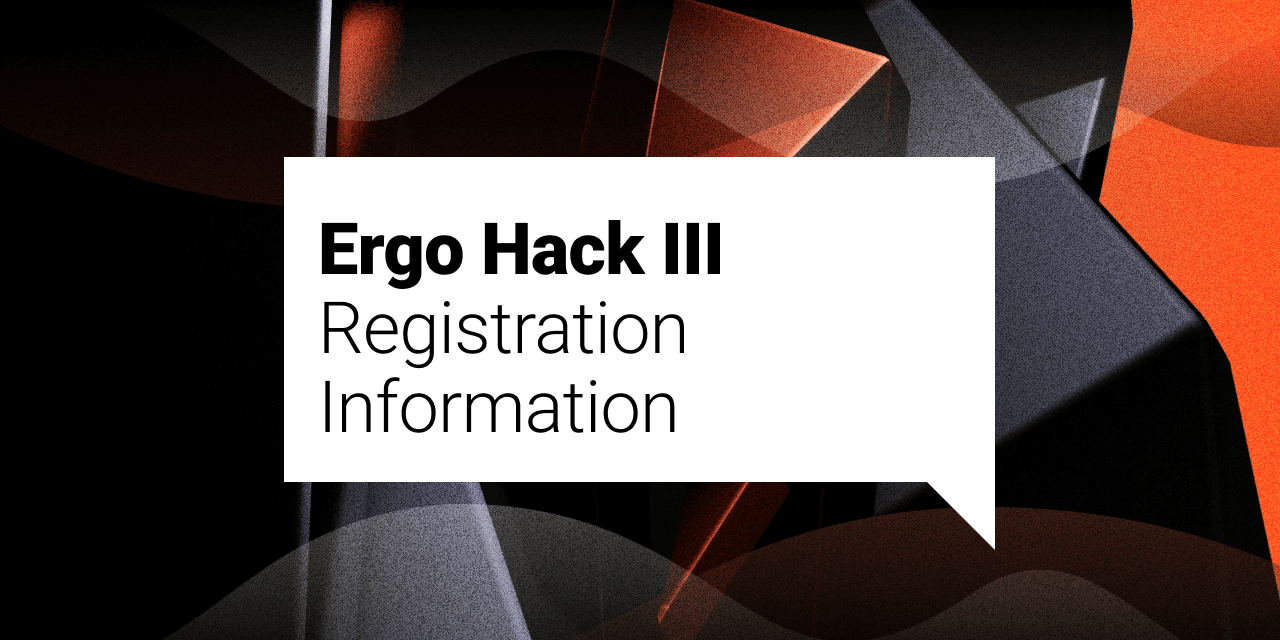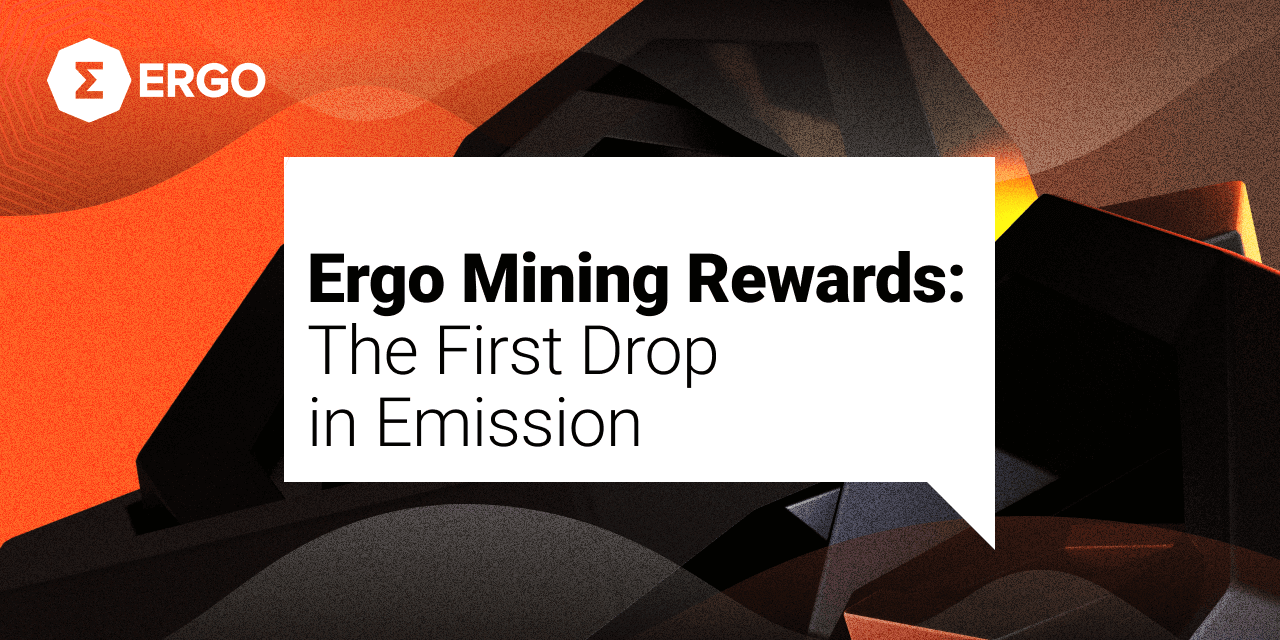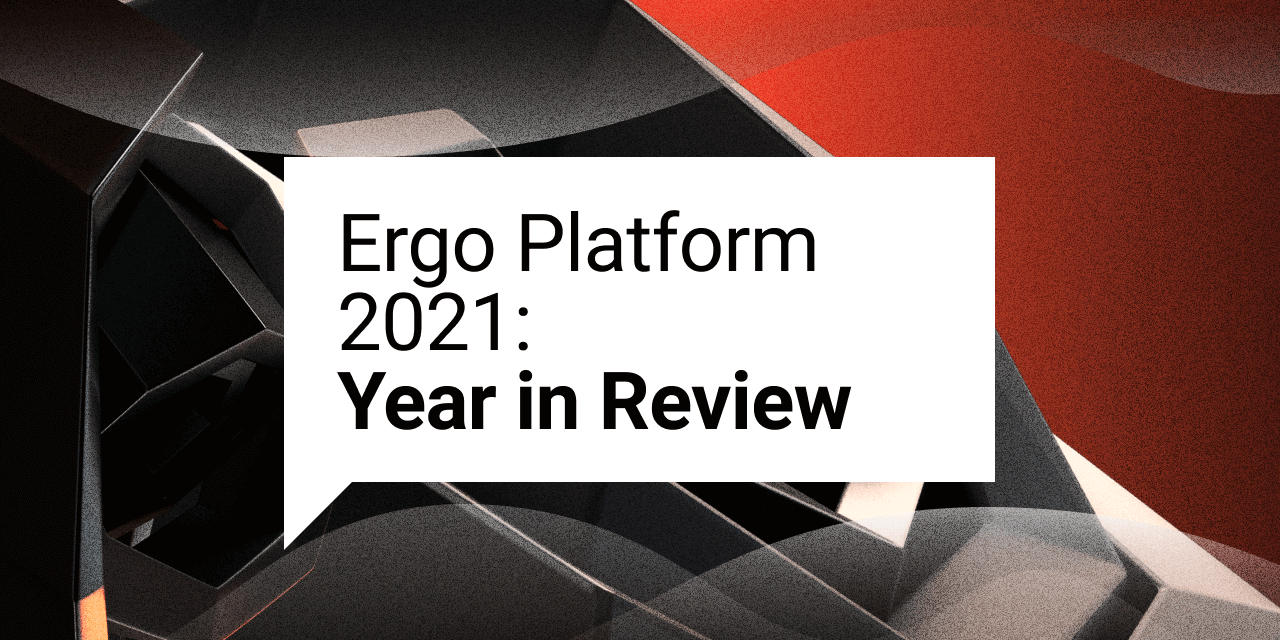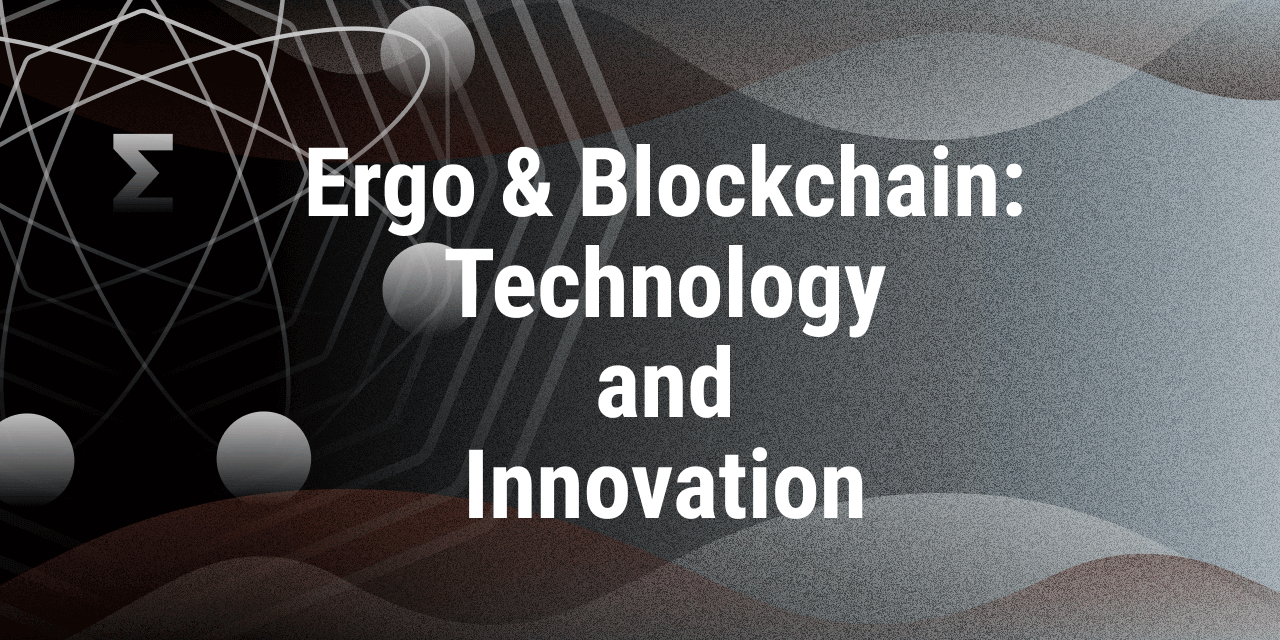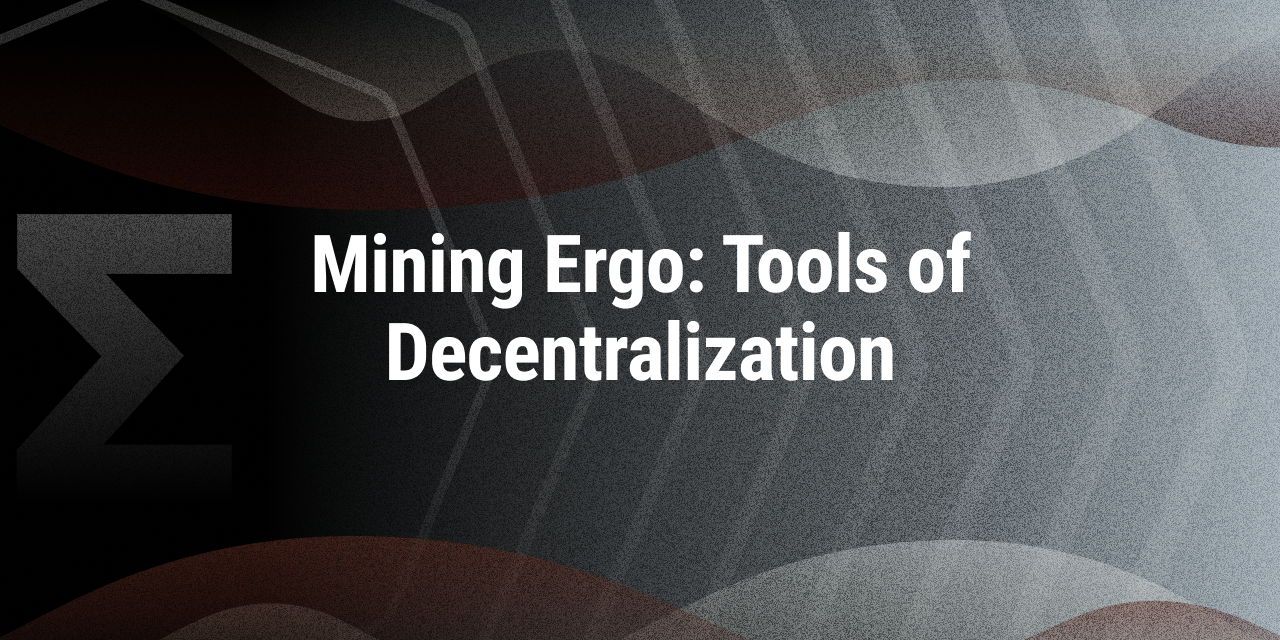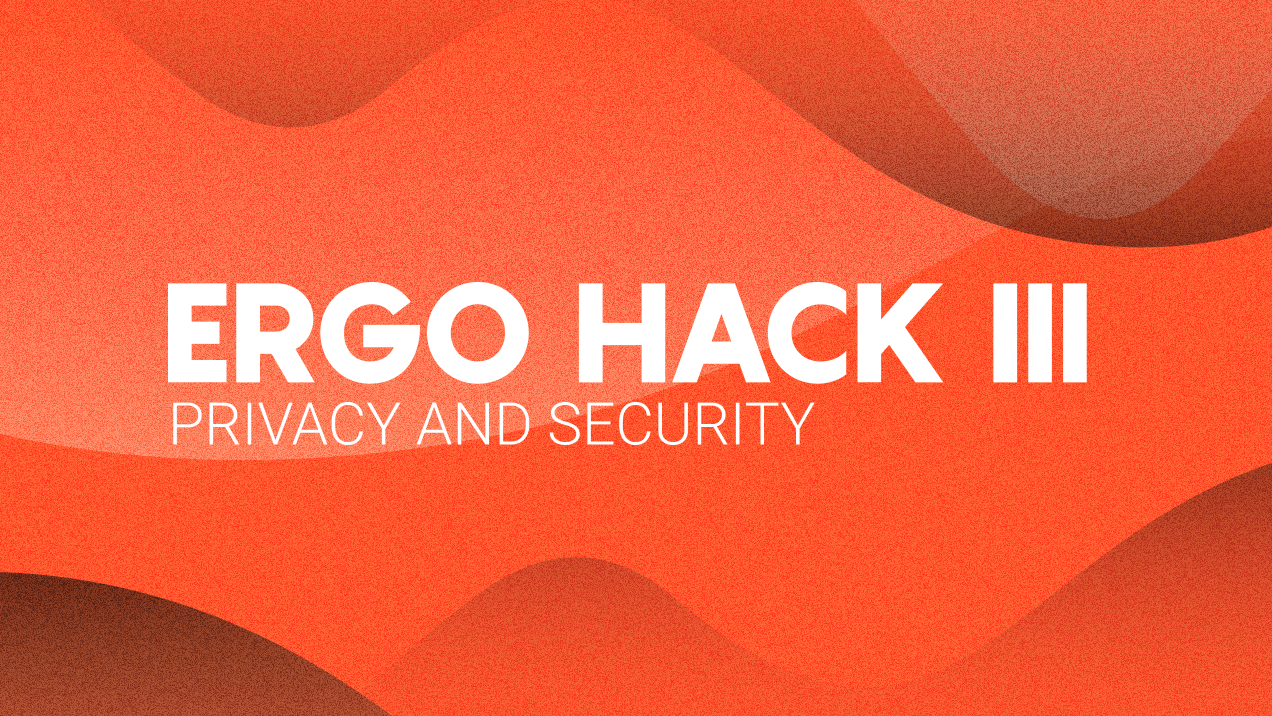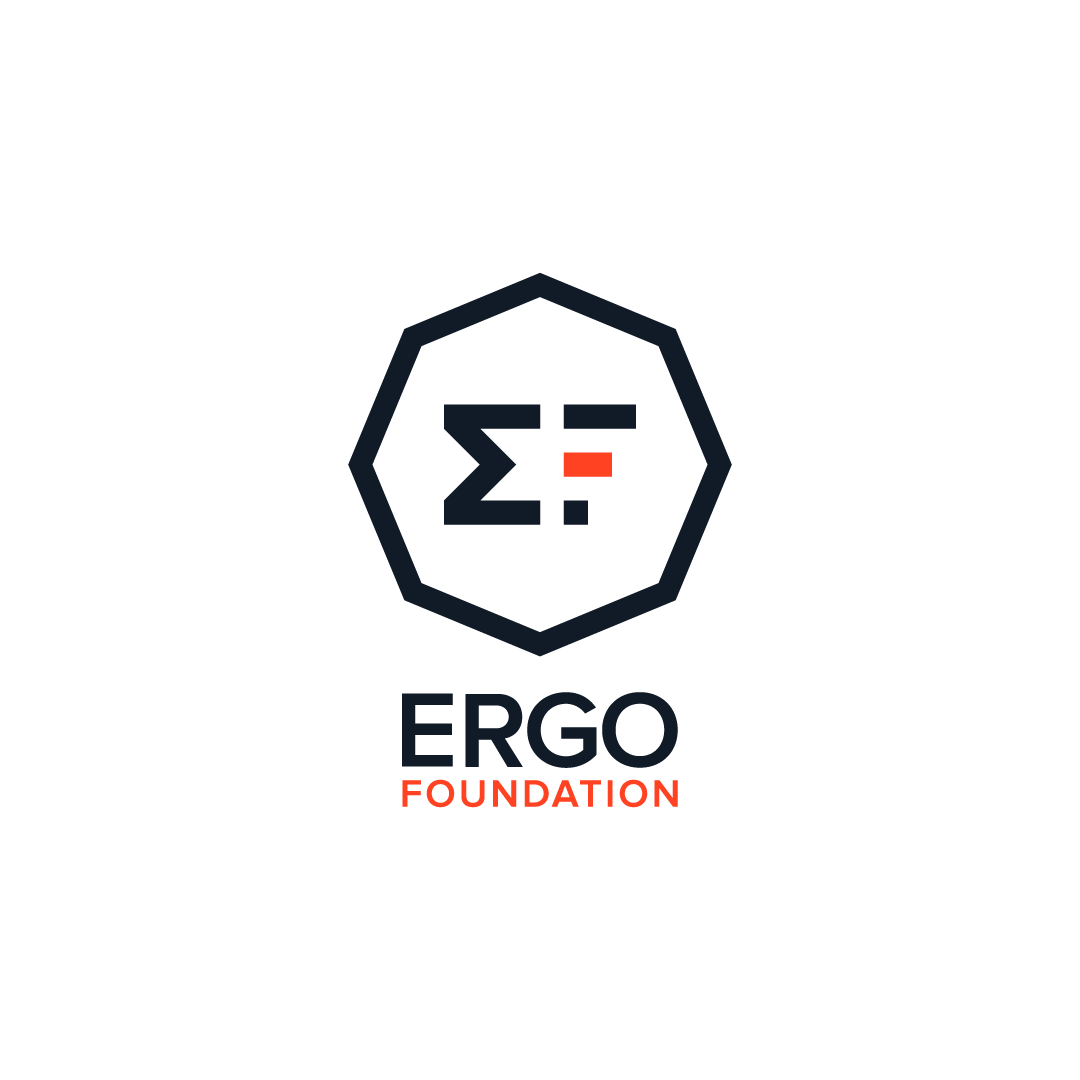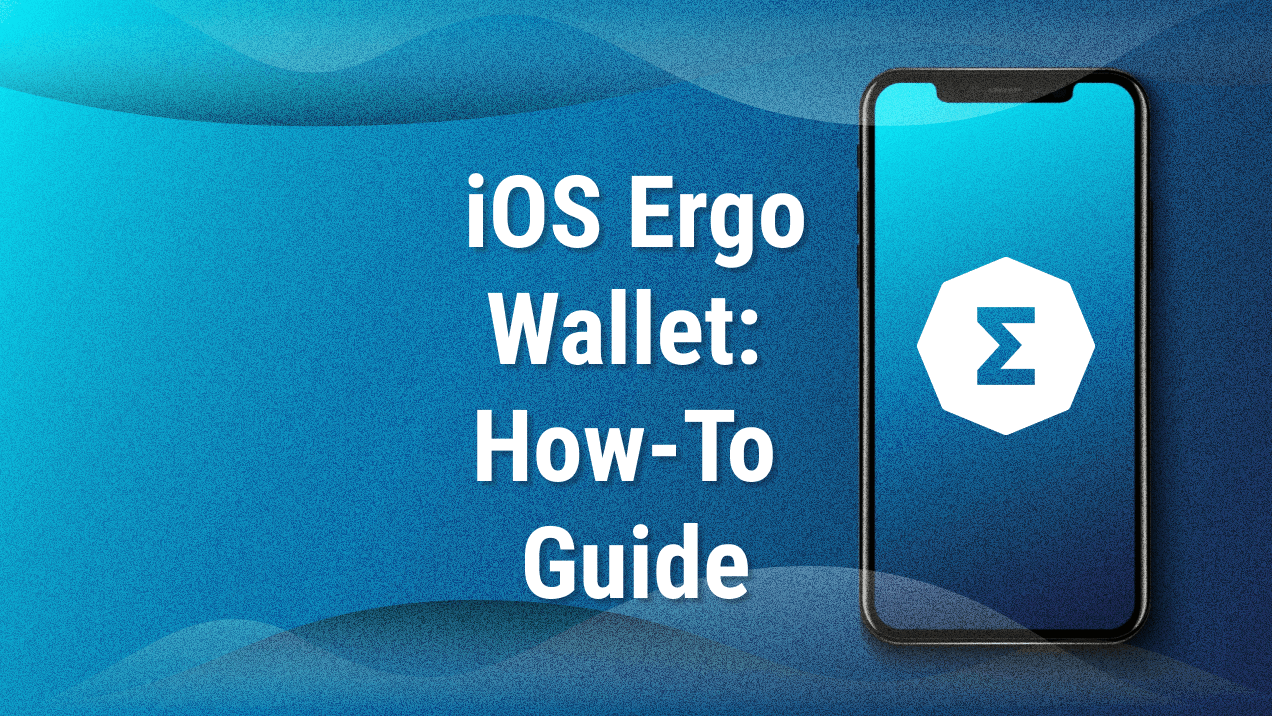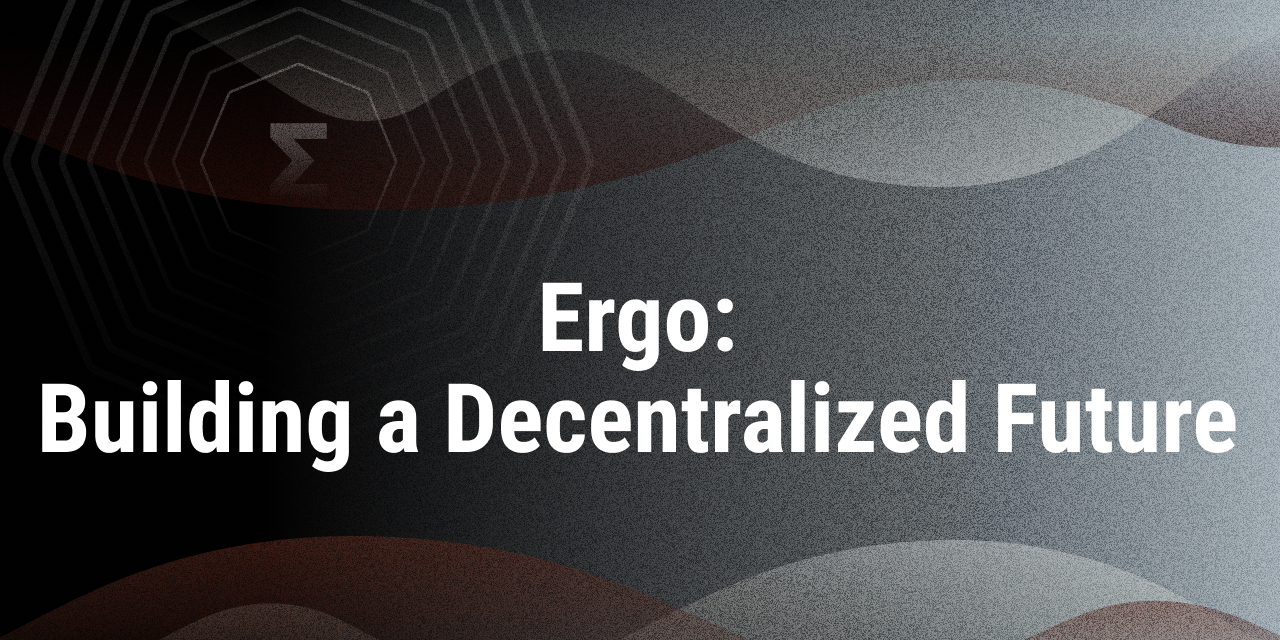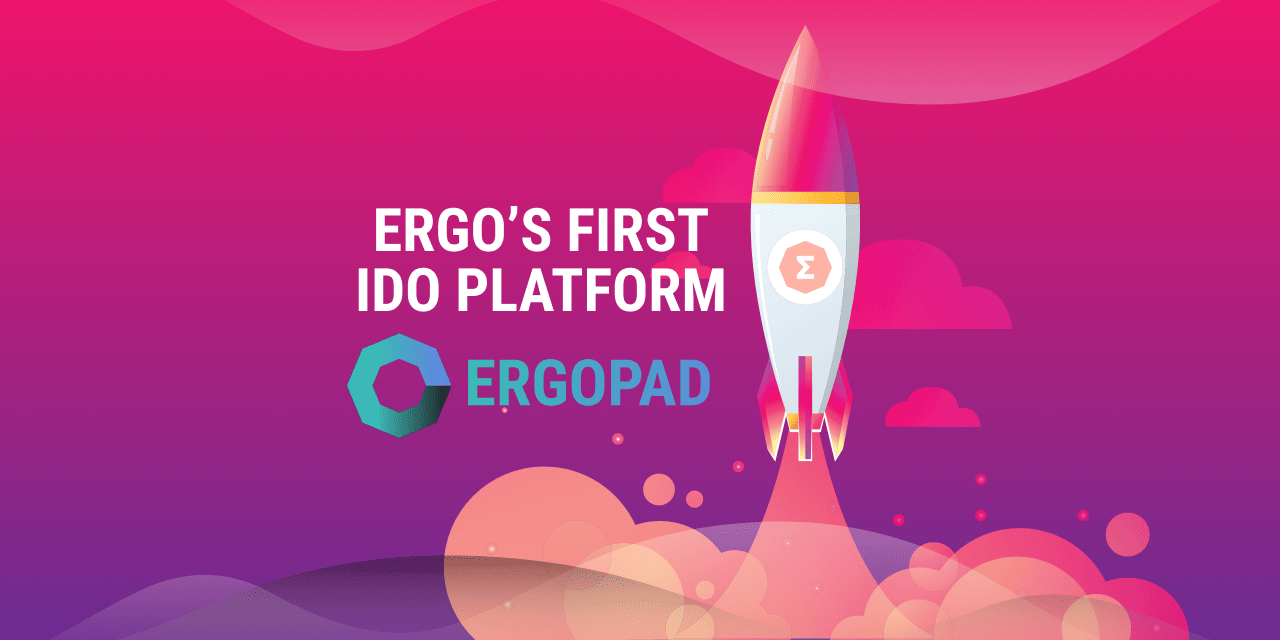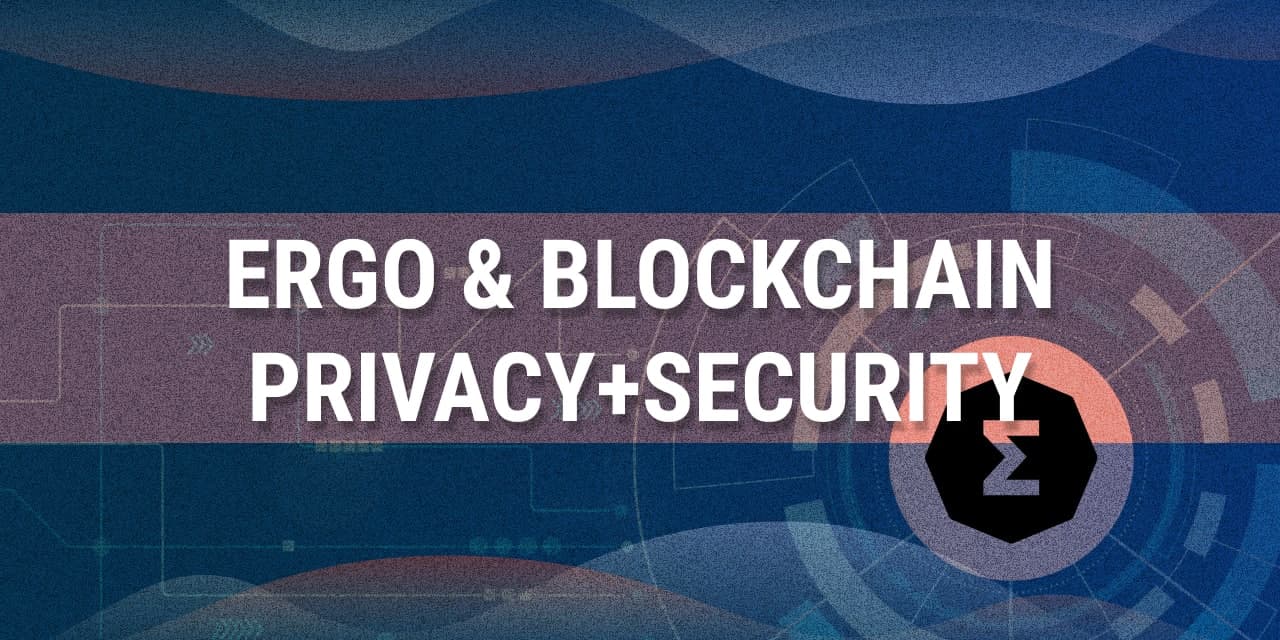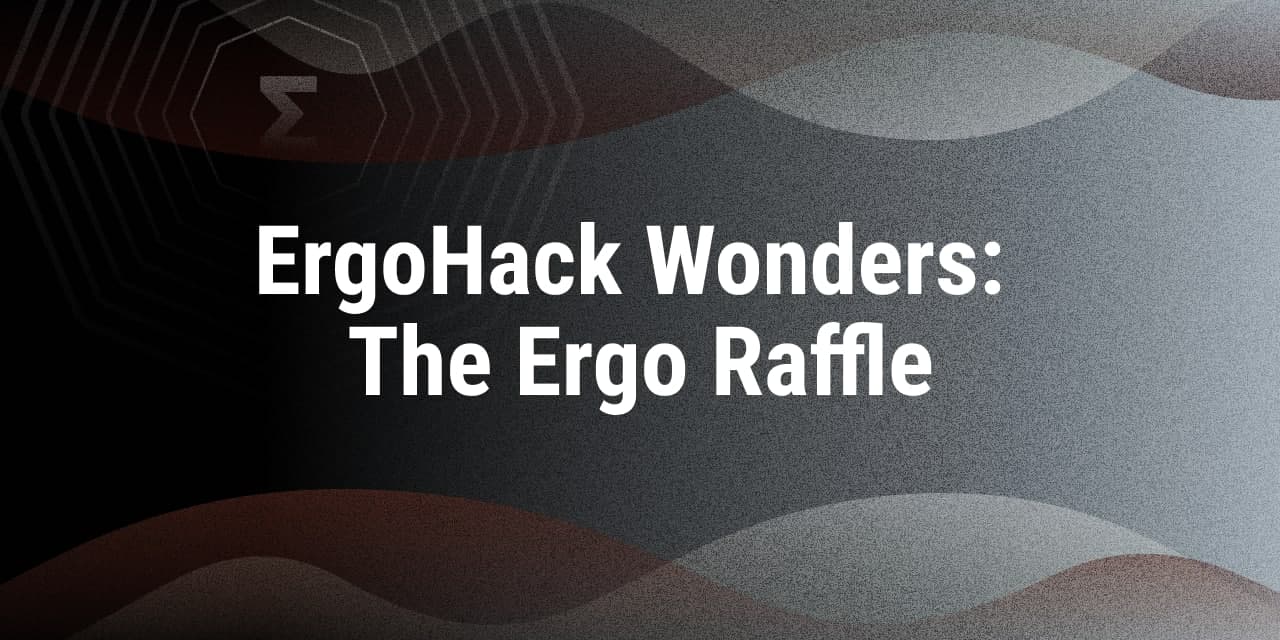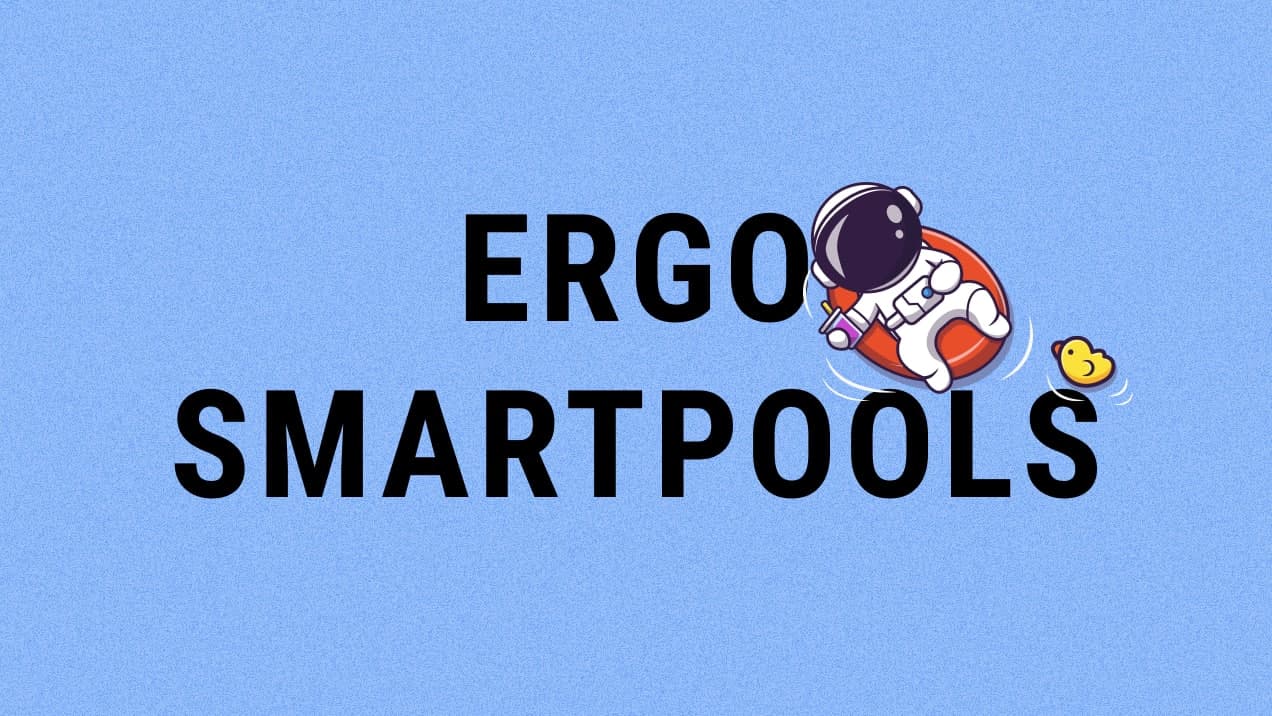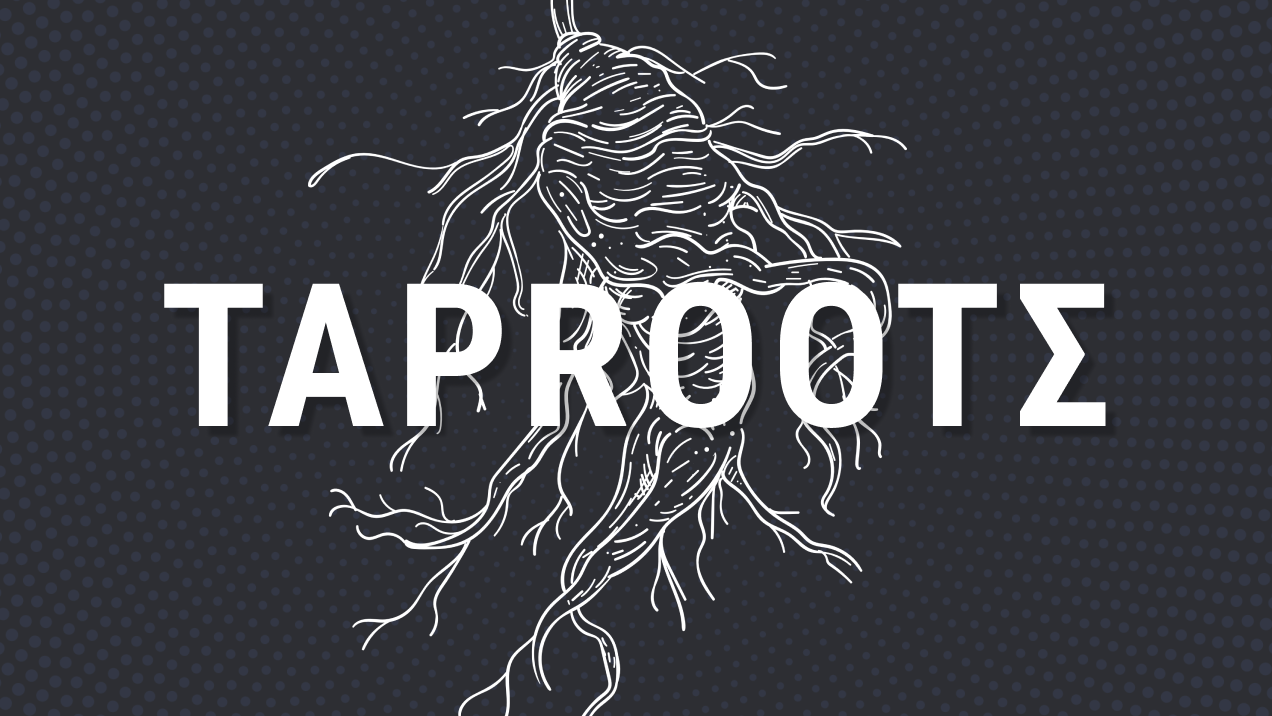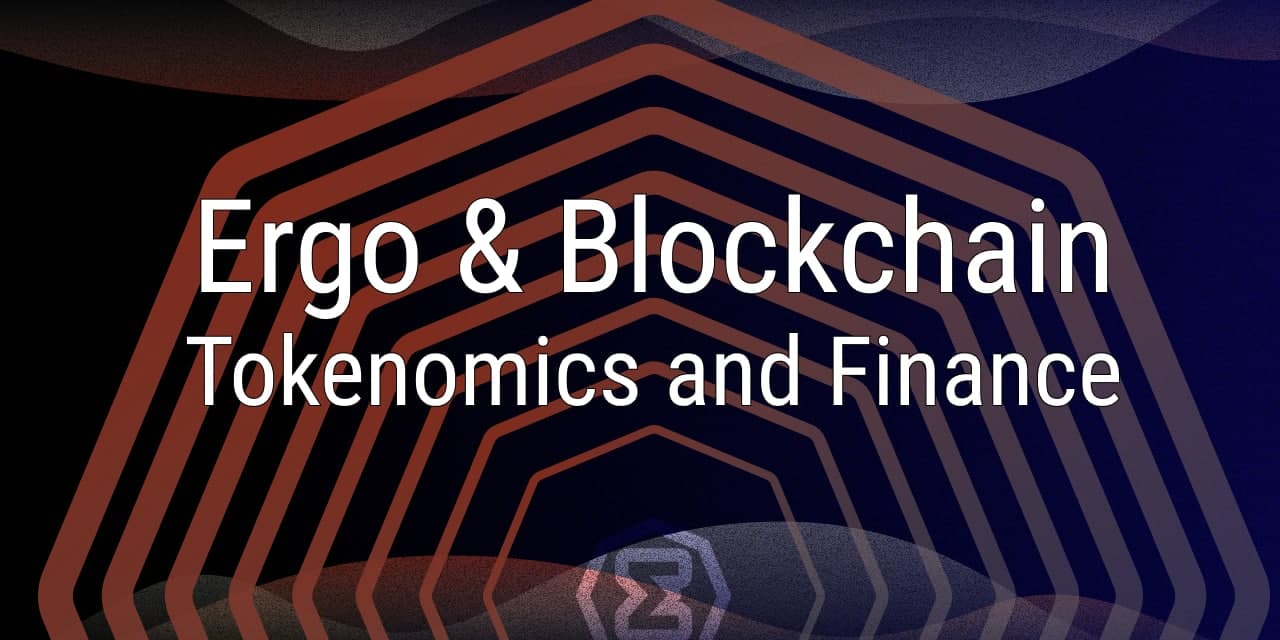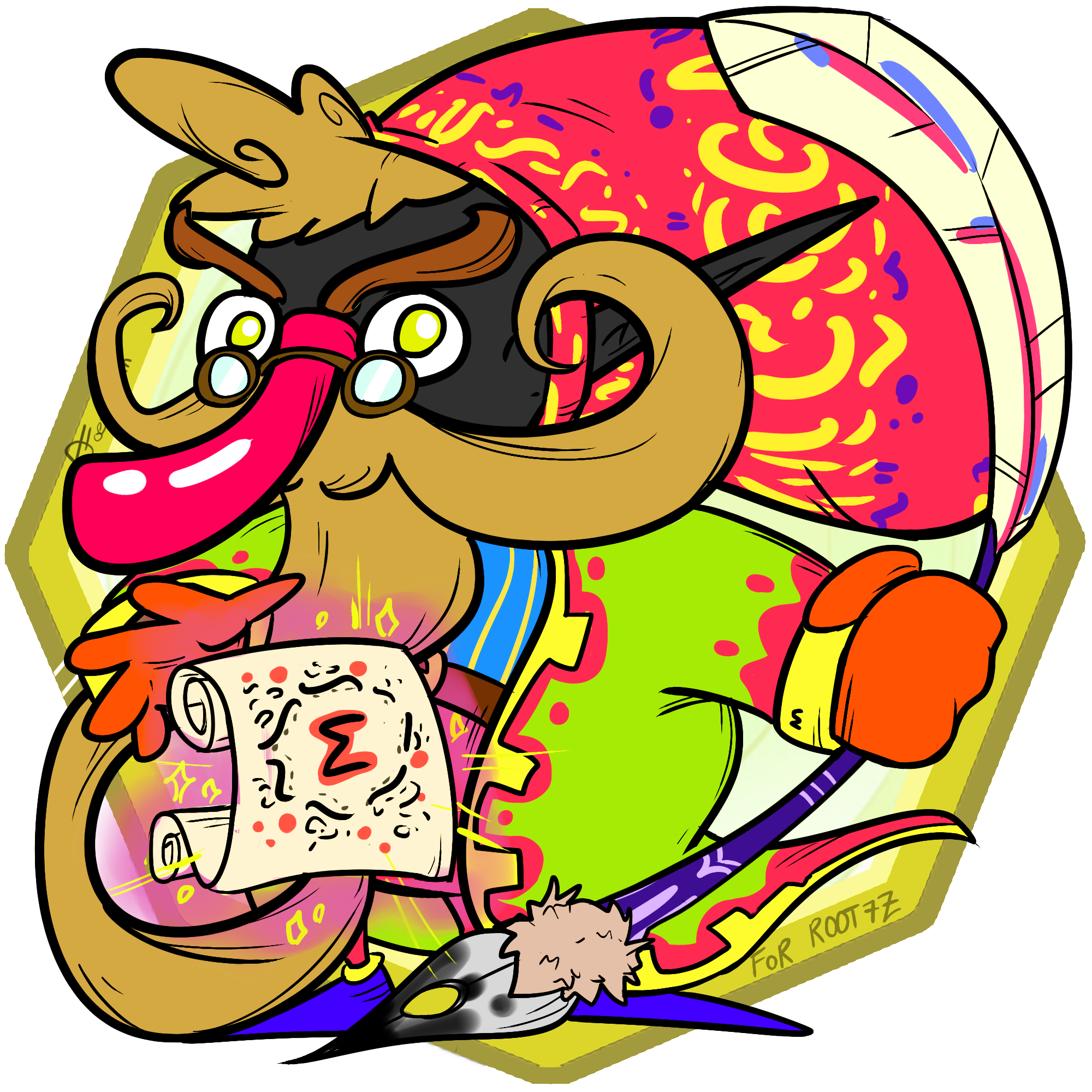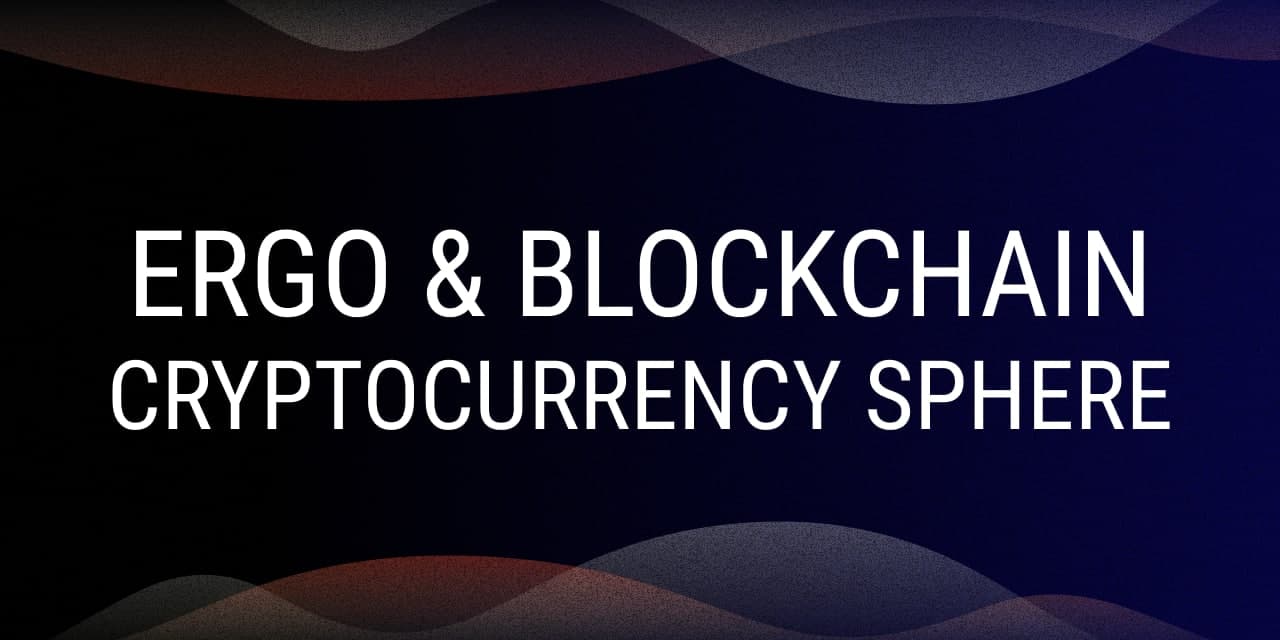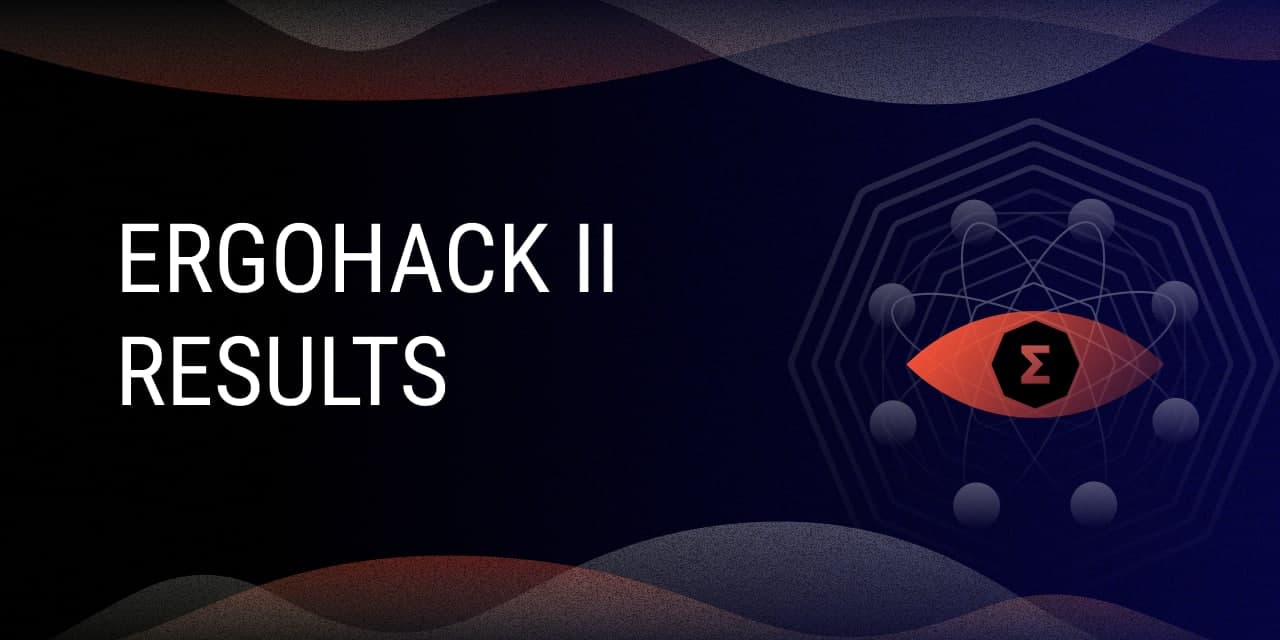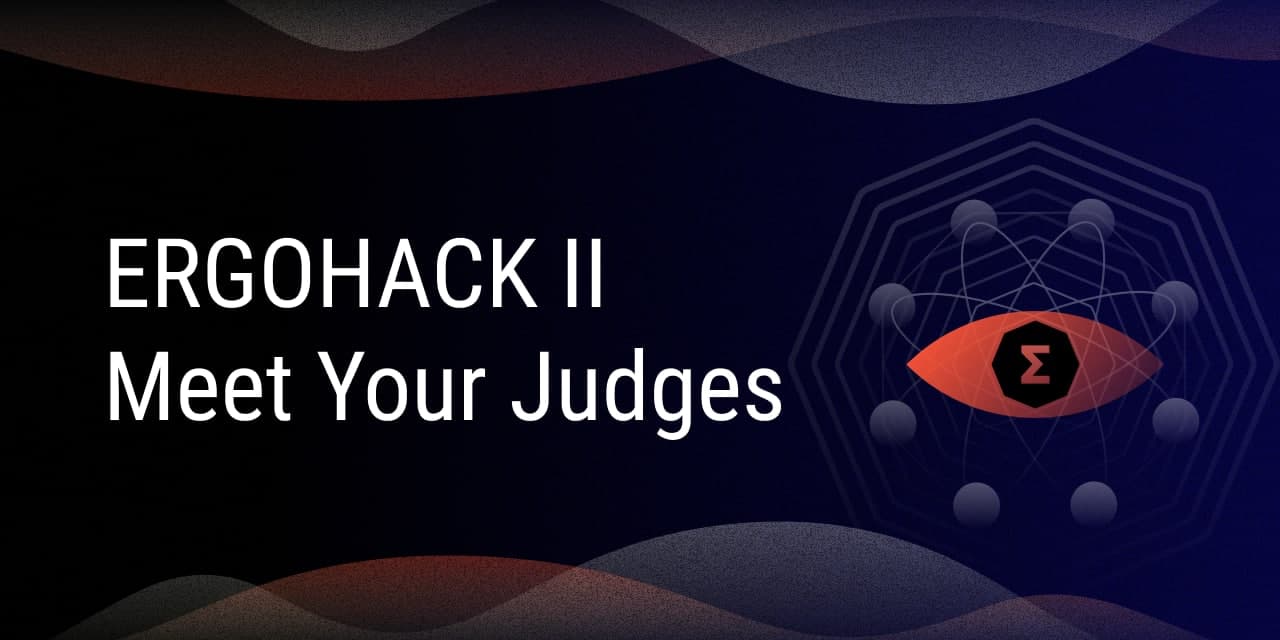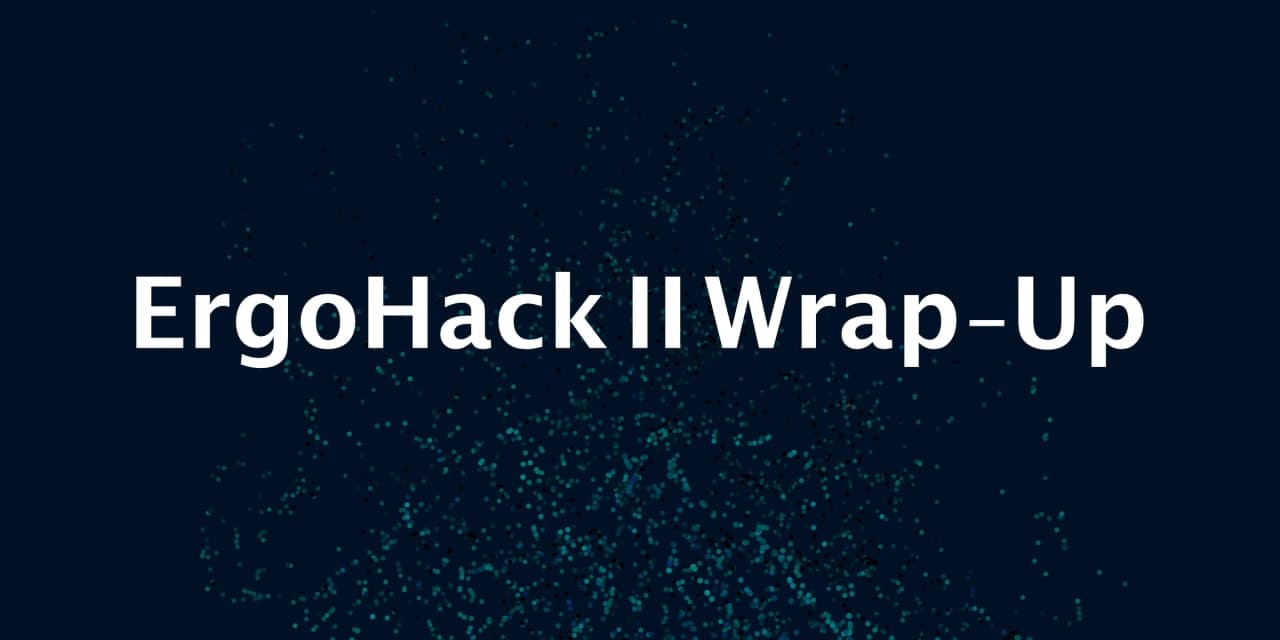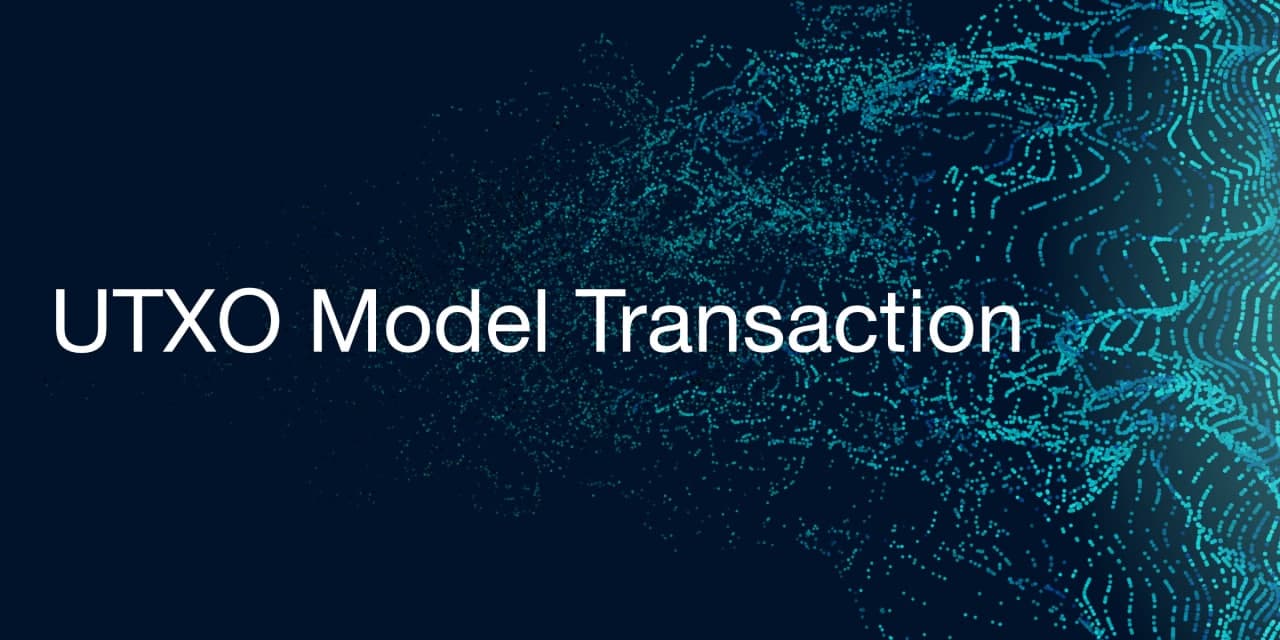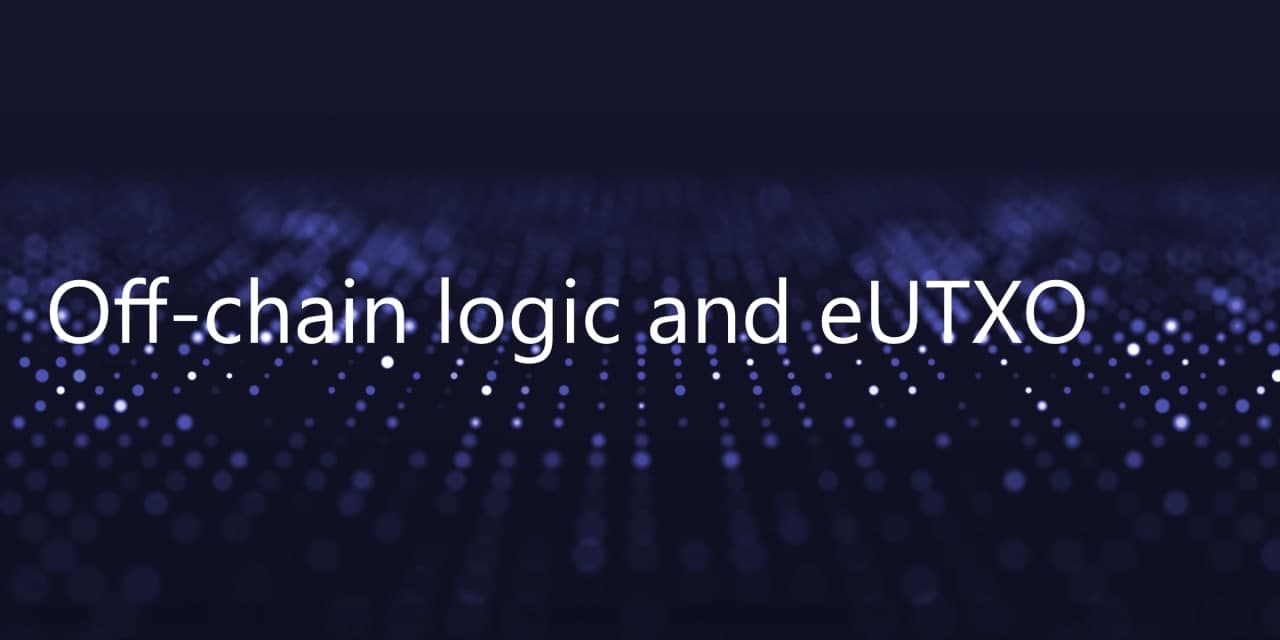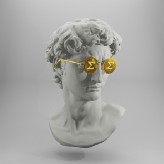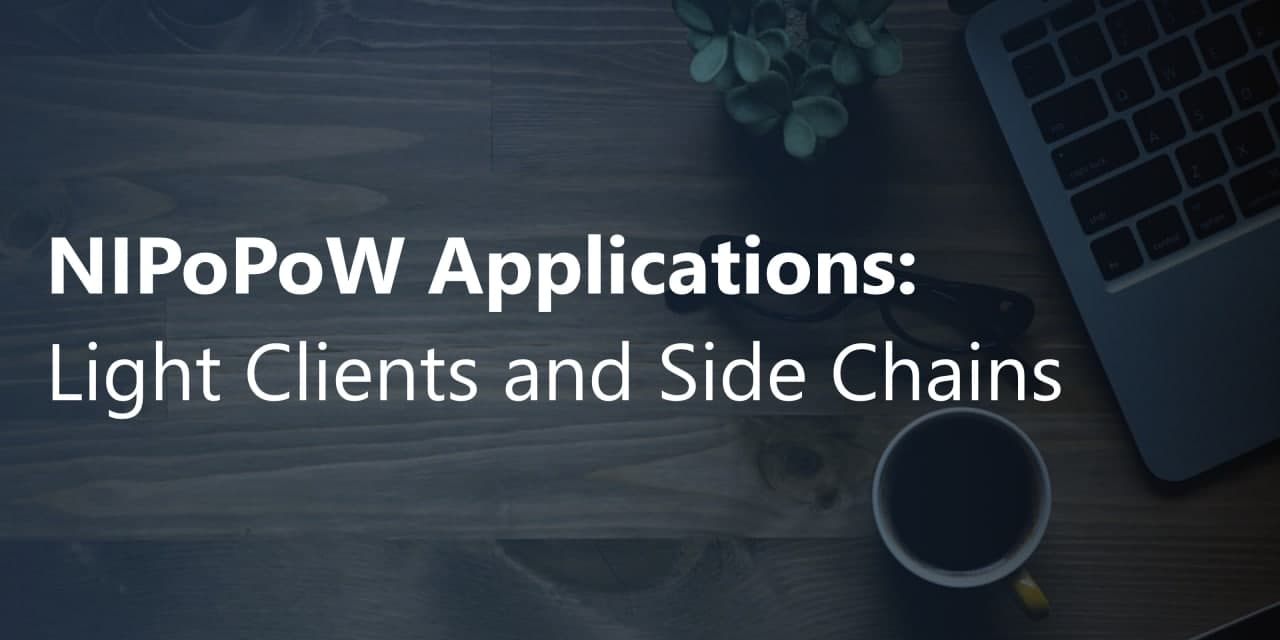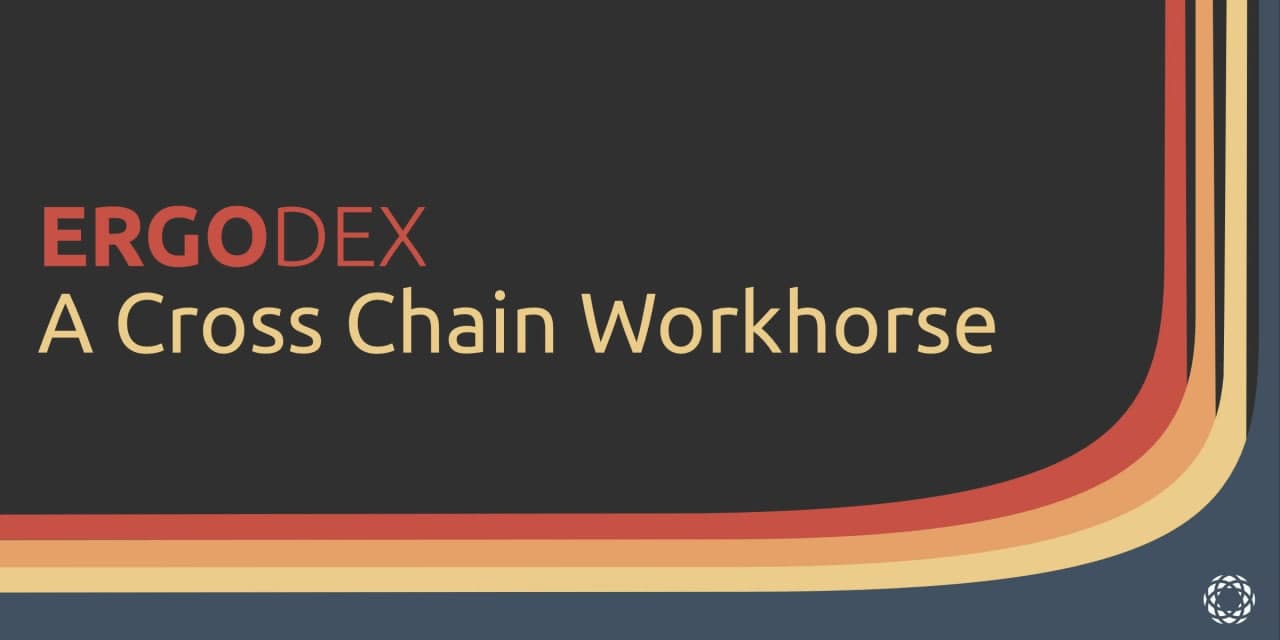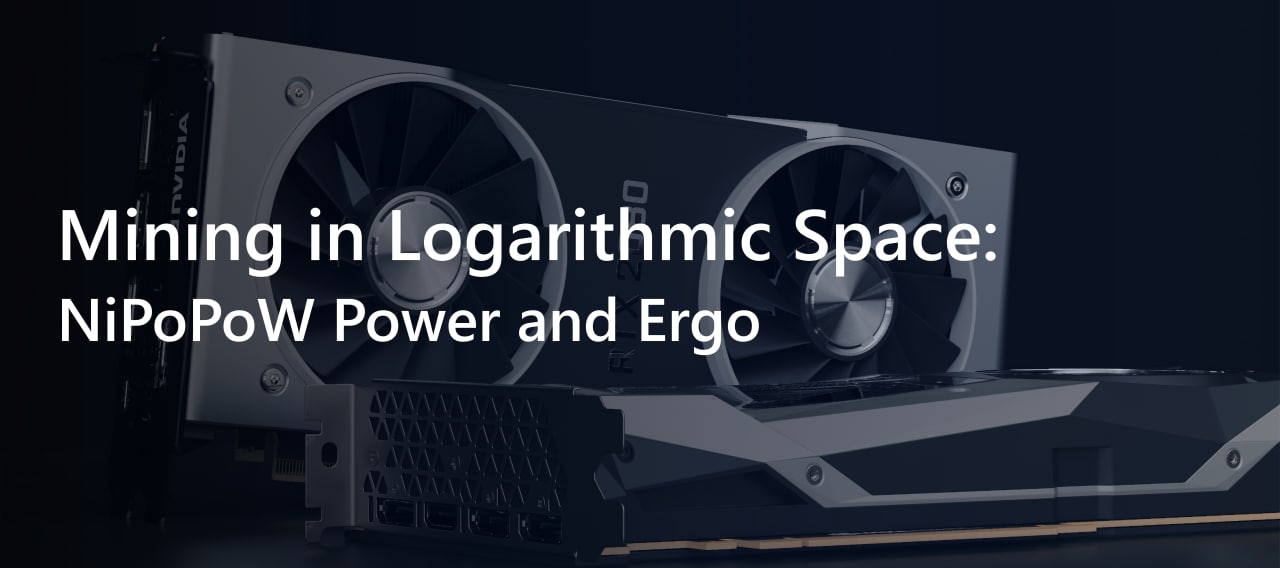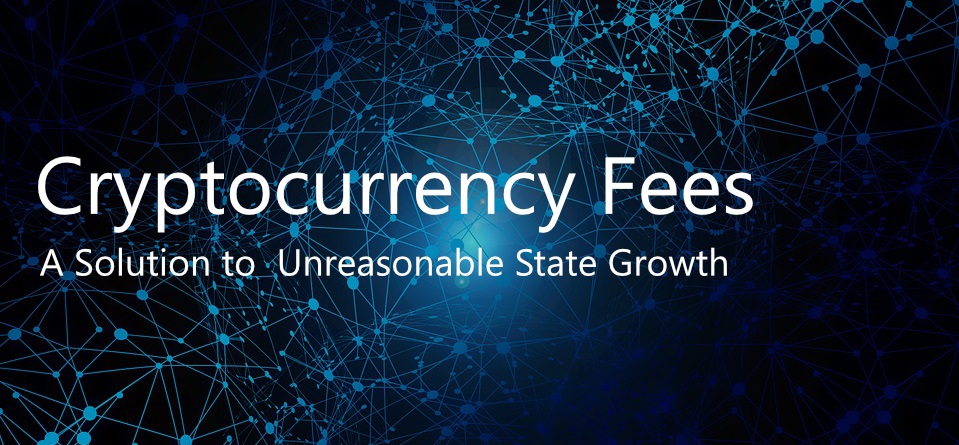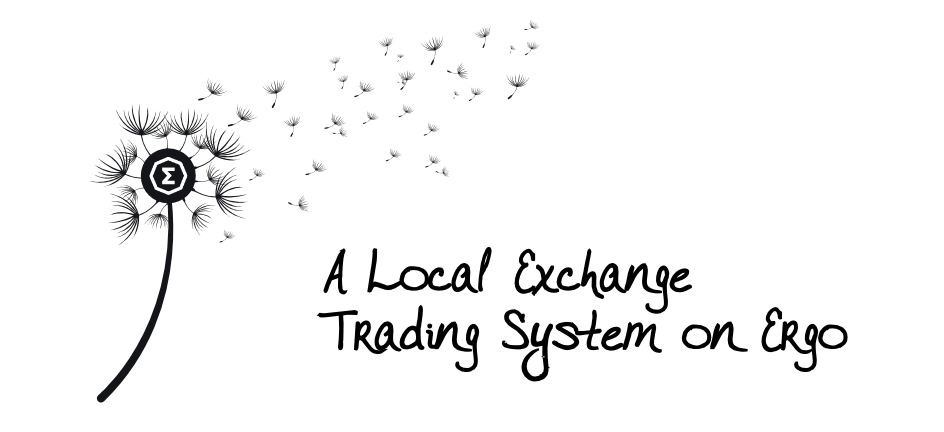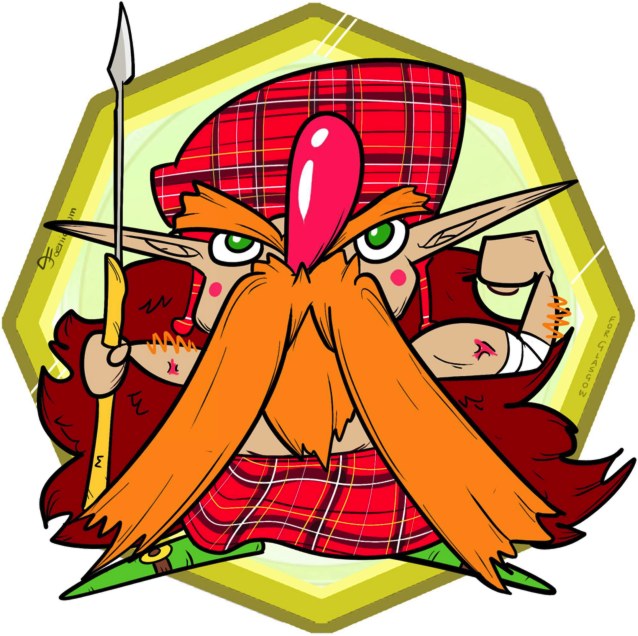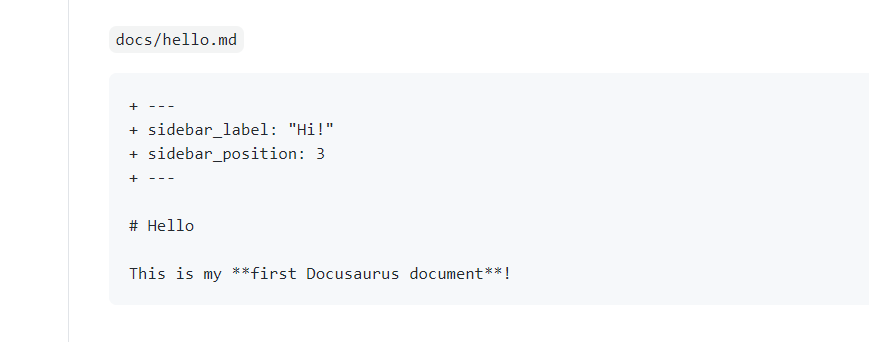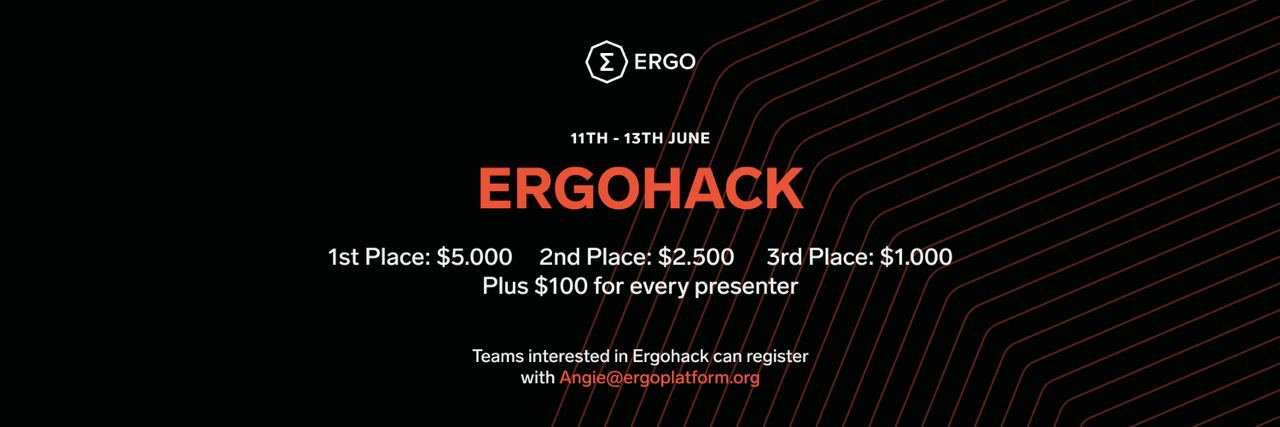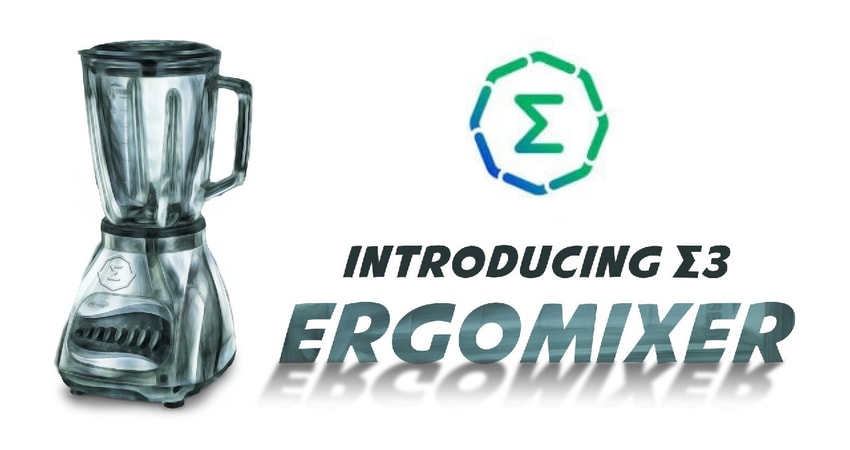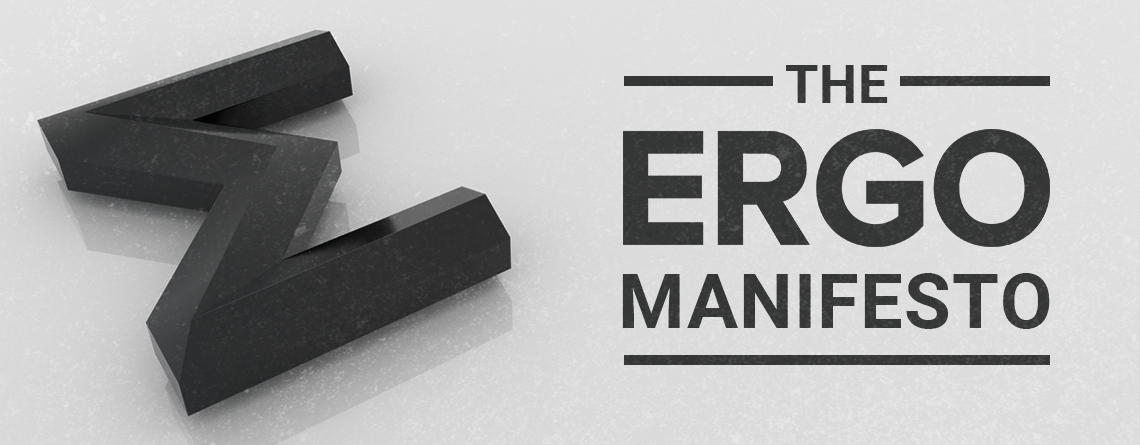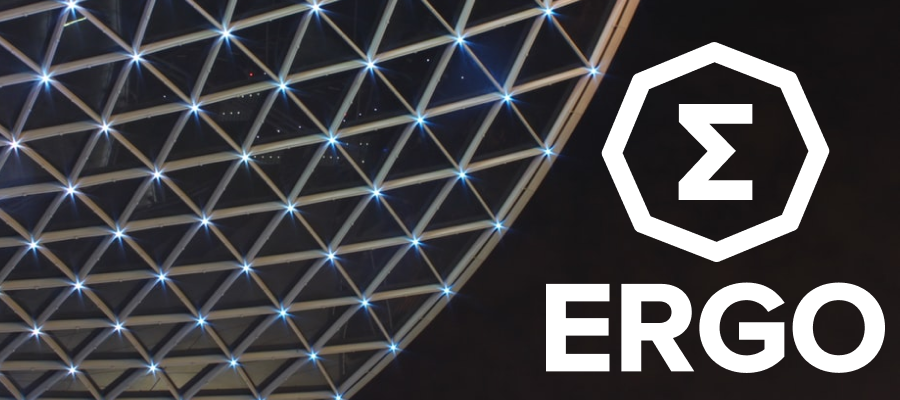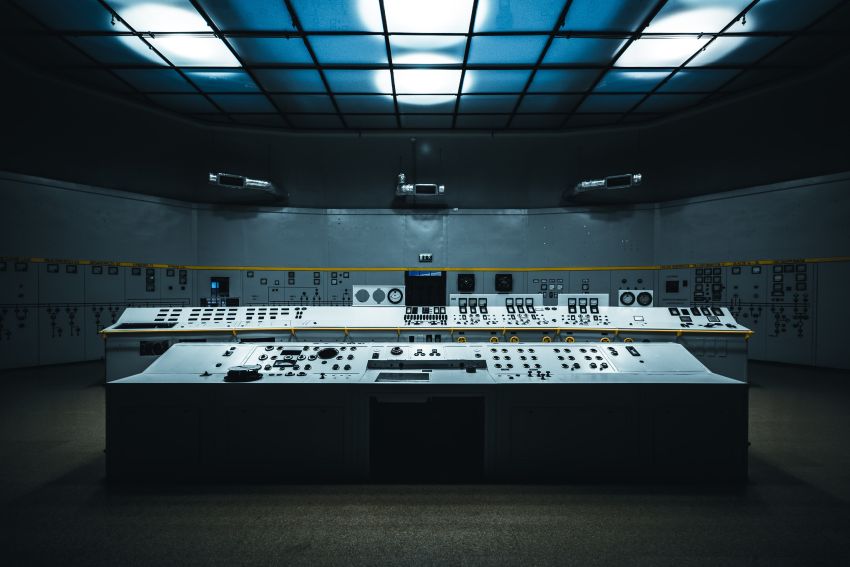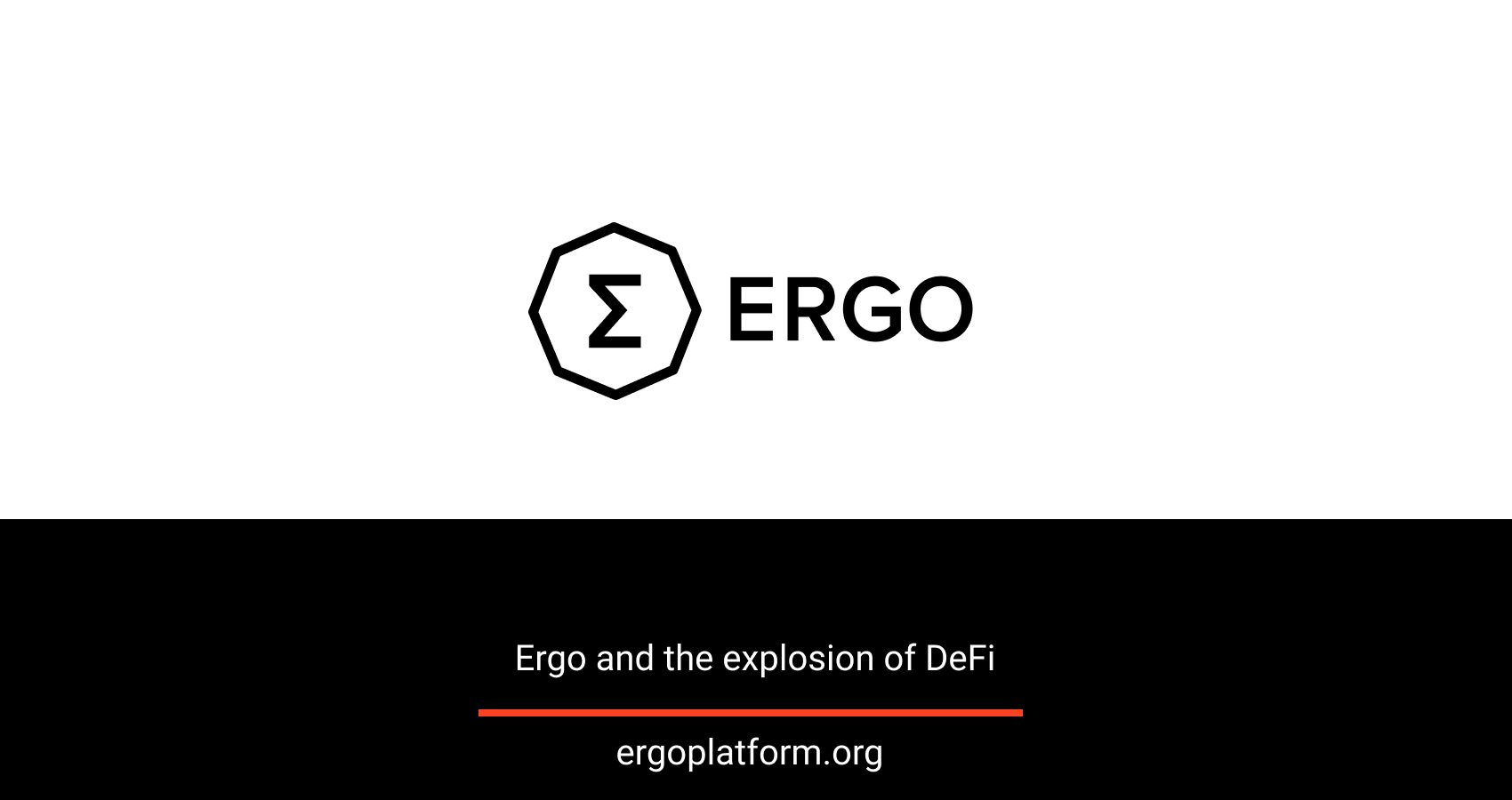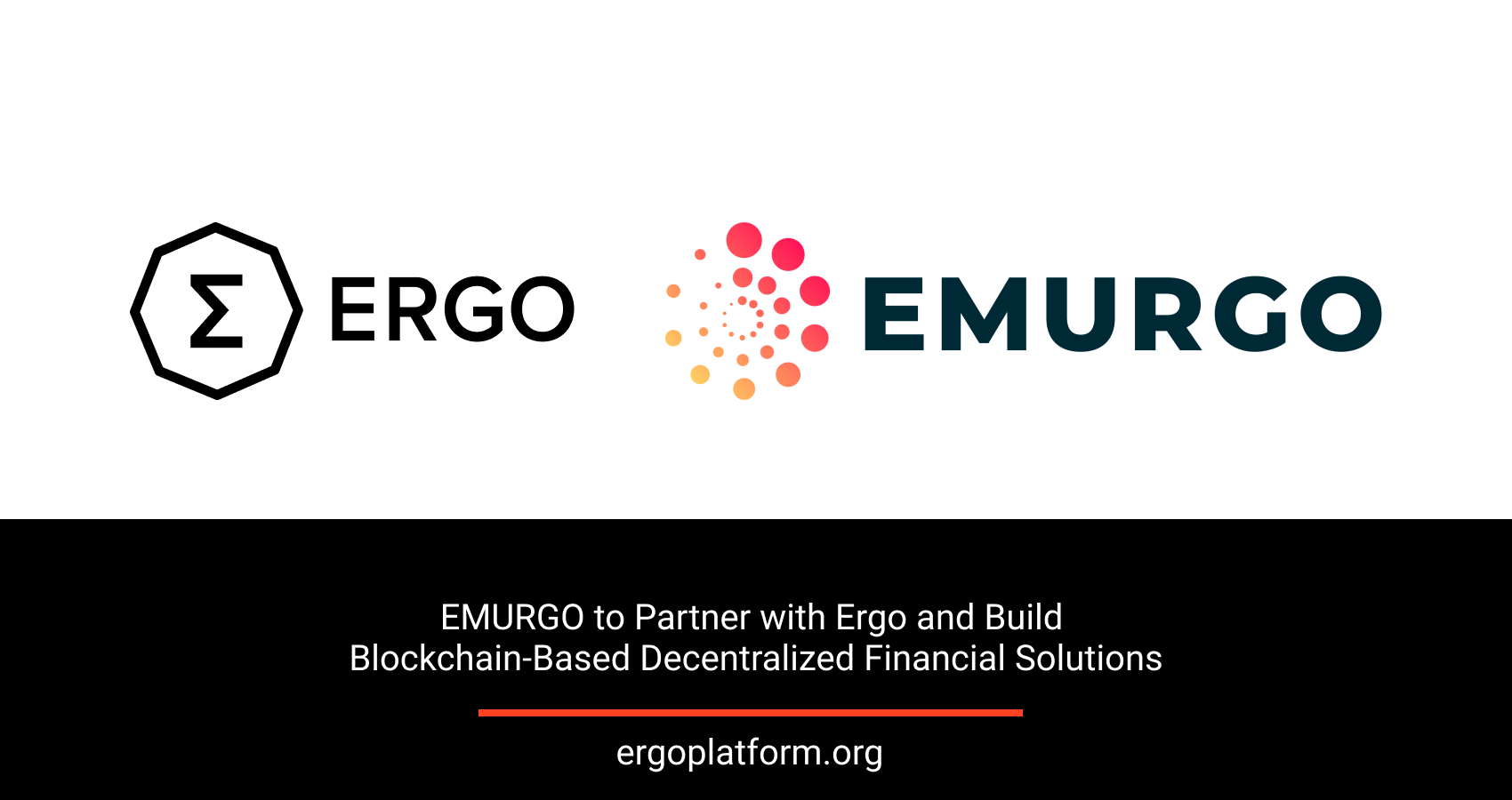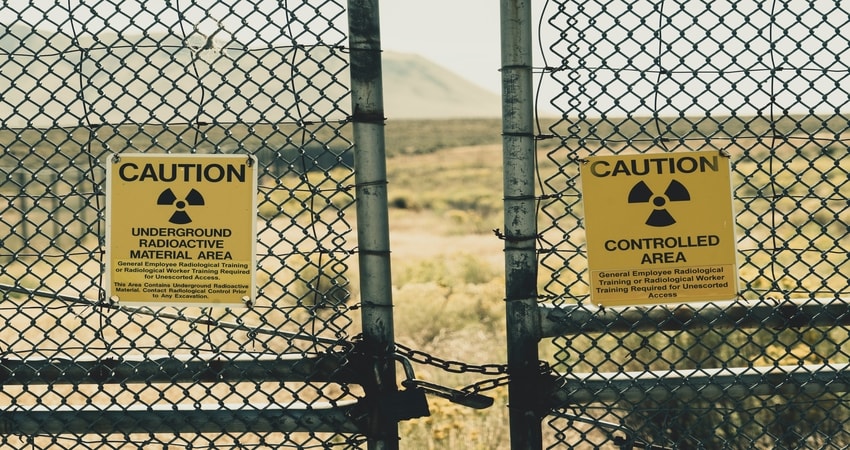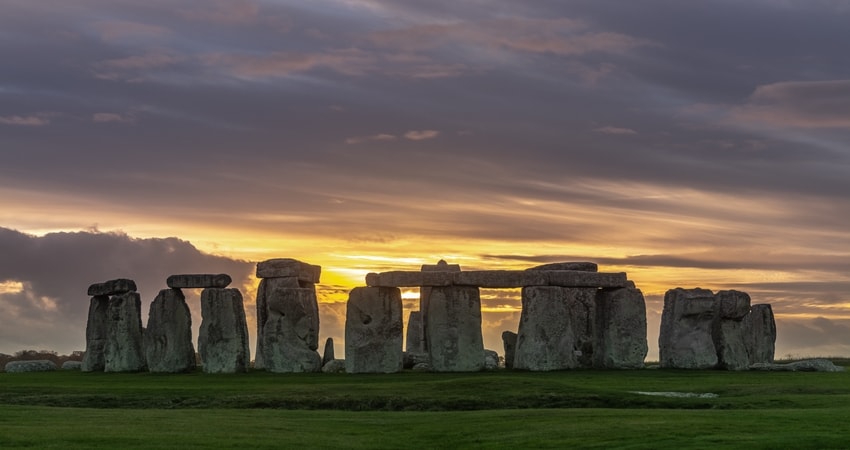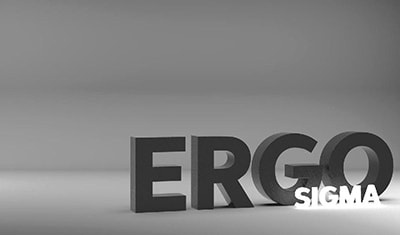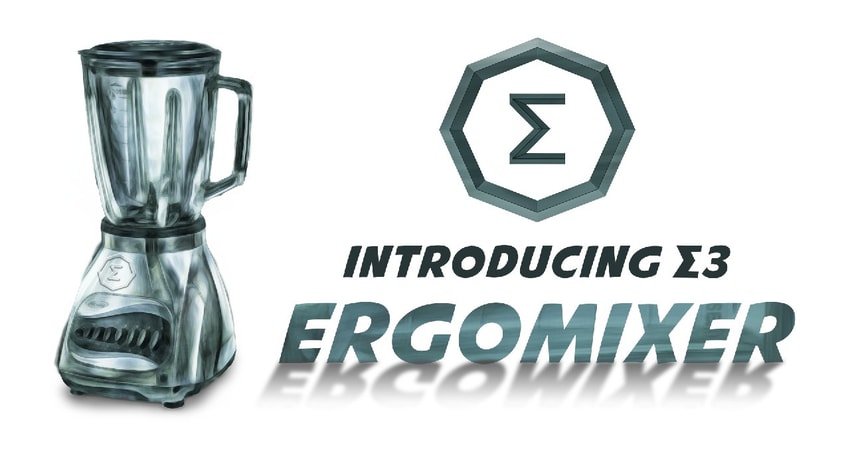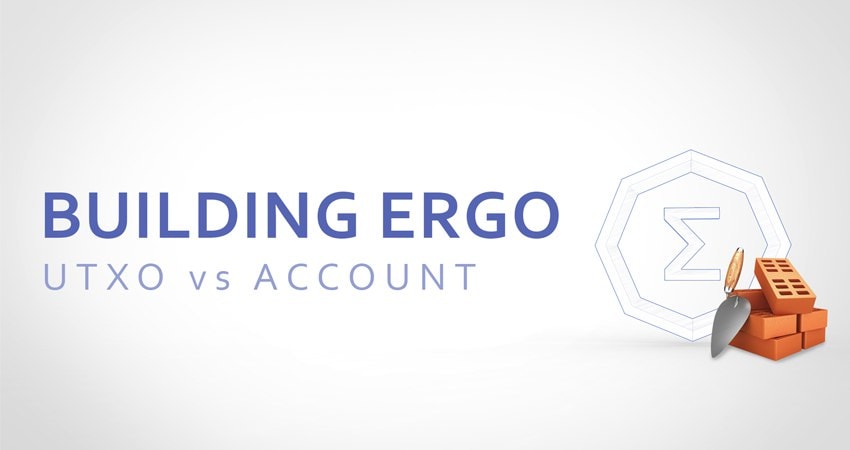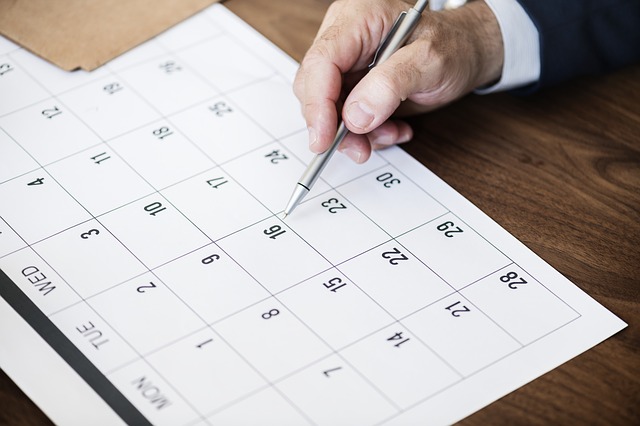Introduction
A decentralized autonomous organization (DAO) is a new type of cooperative. DAOs enable groups of any size and individuals to coordinate, pool resources, and create tokens that represent shares of ownership which can be used to vote and make decisions. With new types of organization, new ways of working together become possible.
DAO Features
- Internet-enabled - memberships are not limited by geography or social connections
- On a blockchain - leveraging cryptocurrencies and open, distributed ledgers
- Smart contracts - facilitate trust between members and can automate some actions
The Need for DAOs
Imagine a group of four friends who are potters with an interest in buying an expensive piece of equipment, such as a raku kiln. Individually, they might not be able to justify buying this piece of equipment. However, it may make sense to buy it if they share the expense and ownership of the kiln.
This is a common situation. There are many aspects of life where cooperative ownership could enable easier access to resources and services.
Collective action also opens new opportunities. Together we can effect change that is impossible for individuals working alone or in smaller groups.
But even for collectives, it is often easier to work in small groups. As the size of a cooperative grows, we do not have the necessary mechanisms for organizing beyond Dunbar’s number (one hundred and fifty people). In the past, we have relied on governments, corporations and non-profits to manage projects of a larger scale. DAOs give us another option that can potentially include millions of people.
What Can DAOs Do?
DAOs are still an emerging technology. A simple example of a DAO could outline smart contract rules for a shared wallet, such as ErgoTeam on the Ergo blockchain. This is analogous to the four potters buying the kiln through a shared bank account. A bank account is subject to the bank’s rules. In a DAO, it is subject to the rules of a smart contract.
As group size increases, from a few people to even millions, there will be more sophisticated requirements. On the Ergo blockchain, Paideia is currently working on a complete software suite for DAOs. In their whitepaper, they discuss the reasons for implementing DAOs on Ergo. They also discuss different governance models, voting procedures, issuing of tokens, proposal management and other features that they plan to implement. It includes an optimistic voting mechanism, quorum voting with tokens, direct sale of tokens, airdrops and other features. For an accessible introduction to Paideia, the following episode of Ergo Pulse provides a concise overview.
Conclusion
DAOs offer a new approach to collective ownership and action at scale. As the technology develops and is implemented on the Ergo blockchain, it will open up new opportunities for collaboration and action. This will help fuel adoption and help set the foundation for new tools that will empower ordinary people, organizations and business to work together and change the world as we know it for the better.
